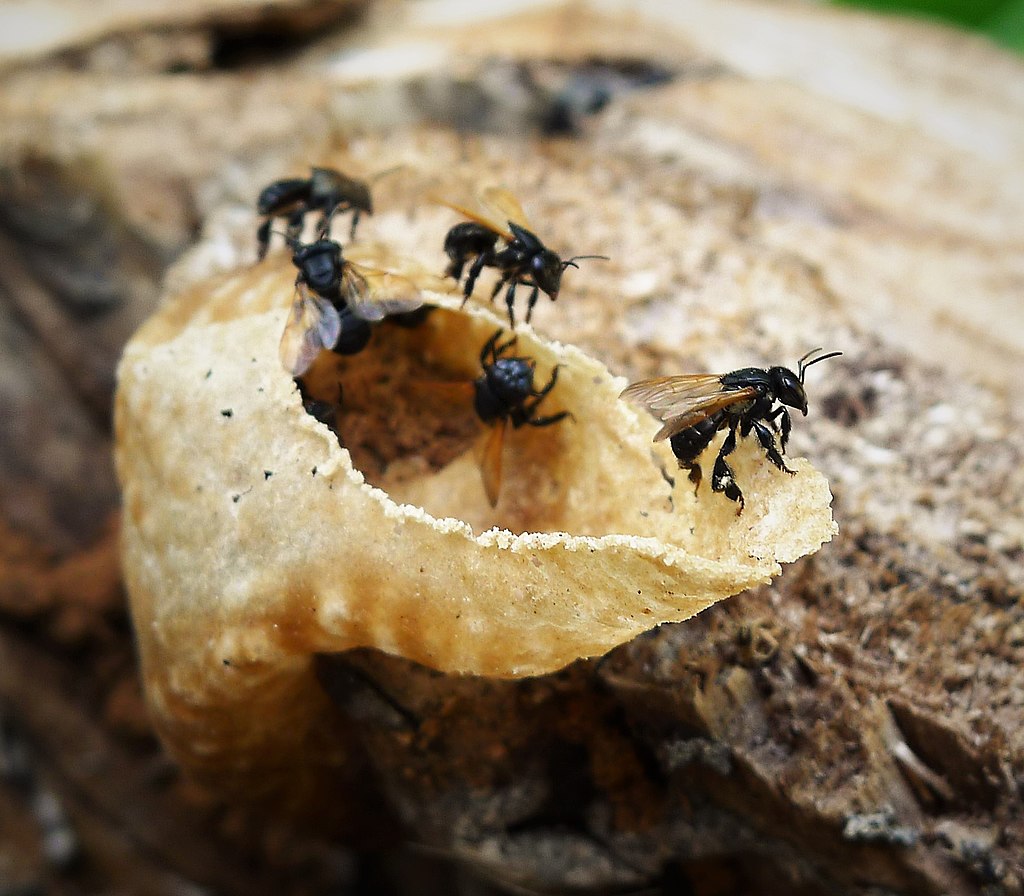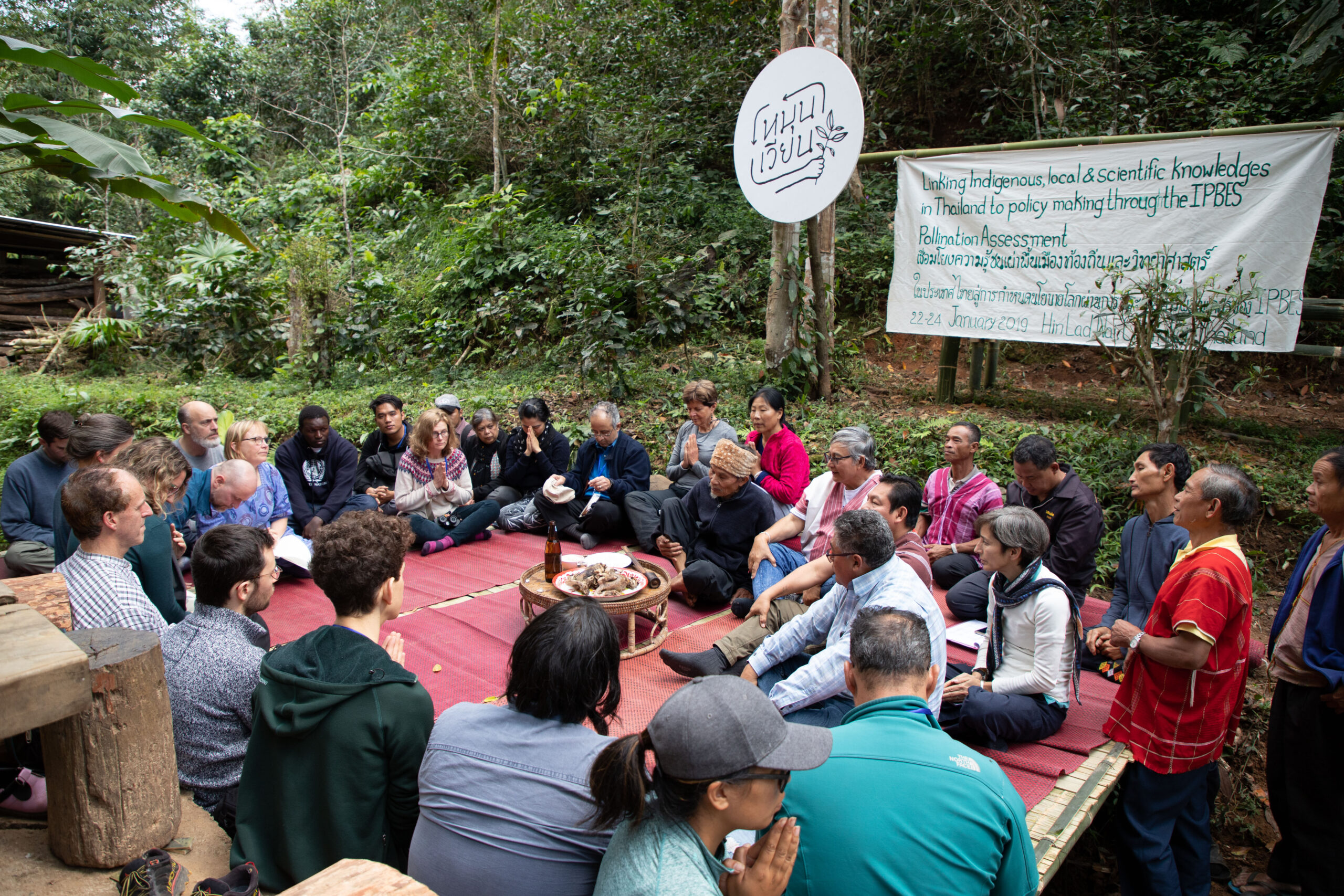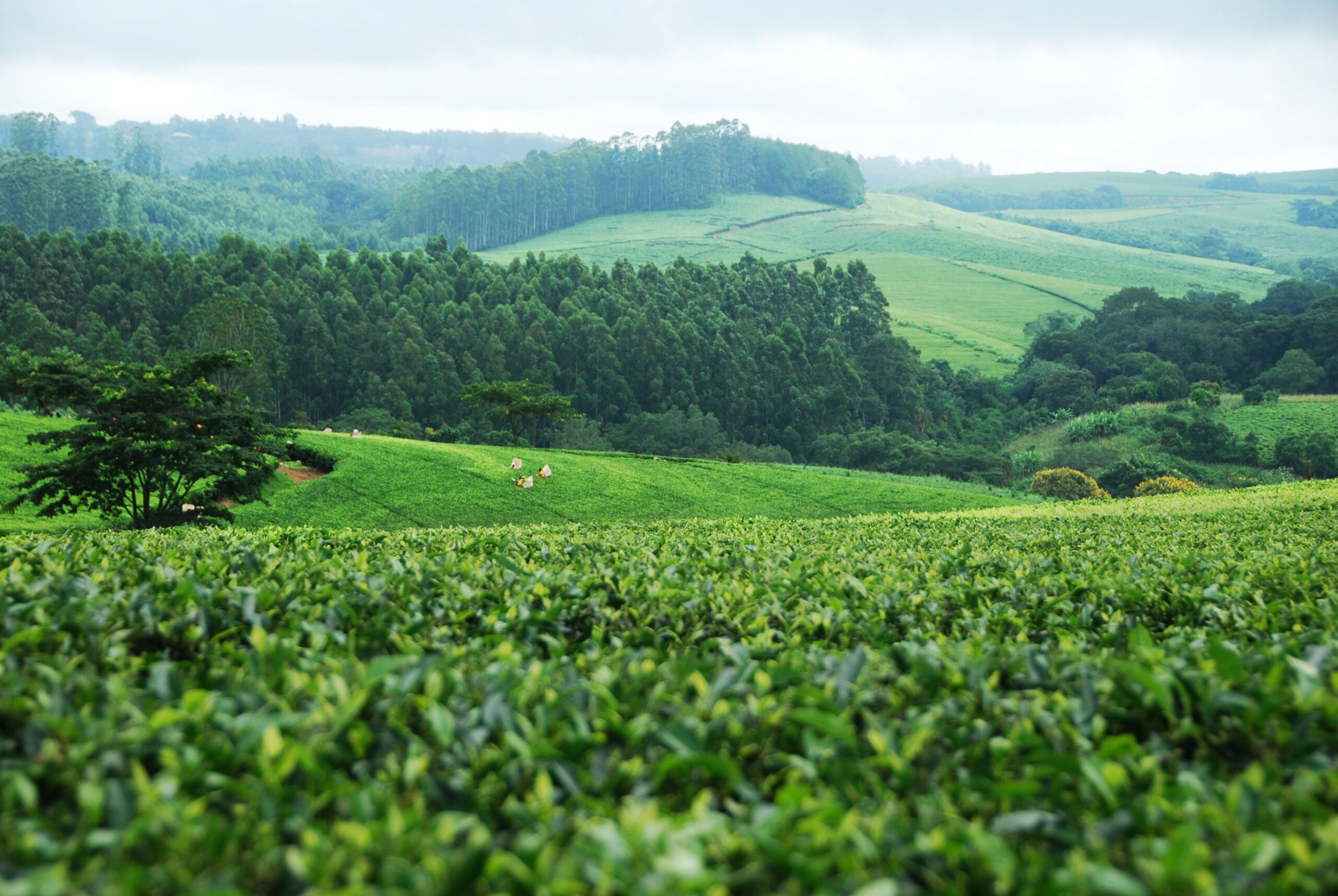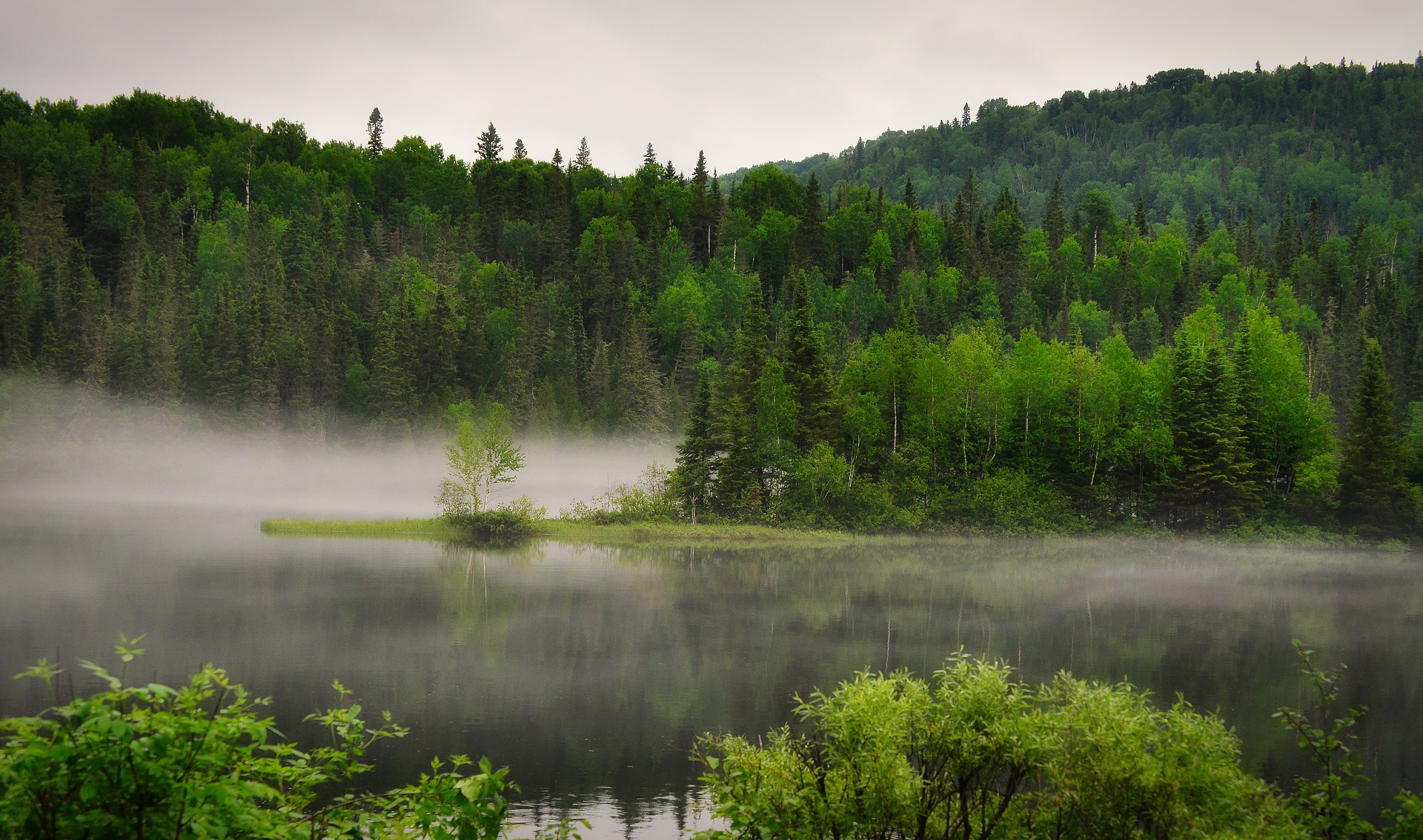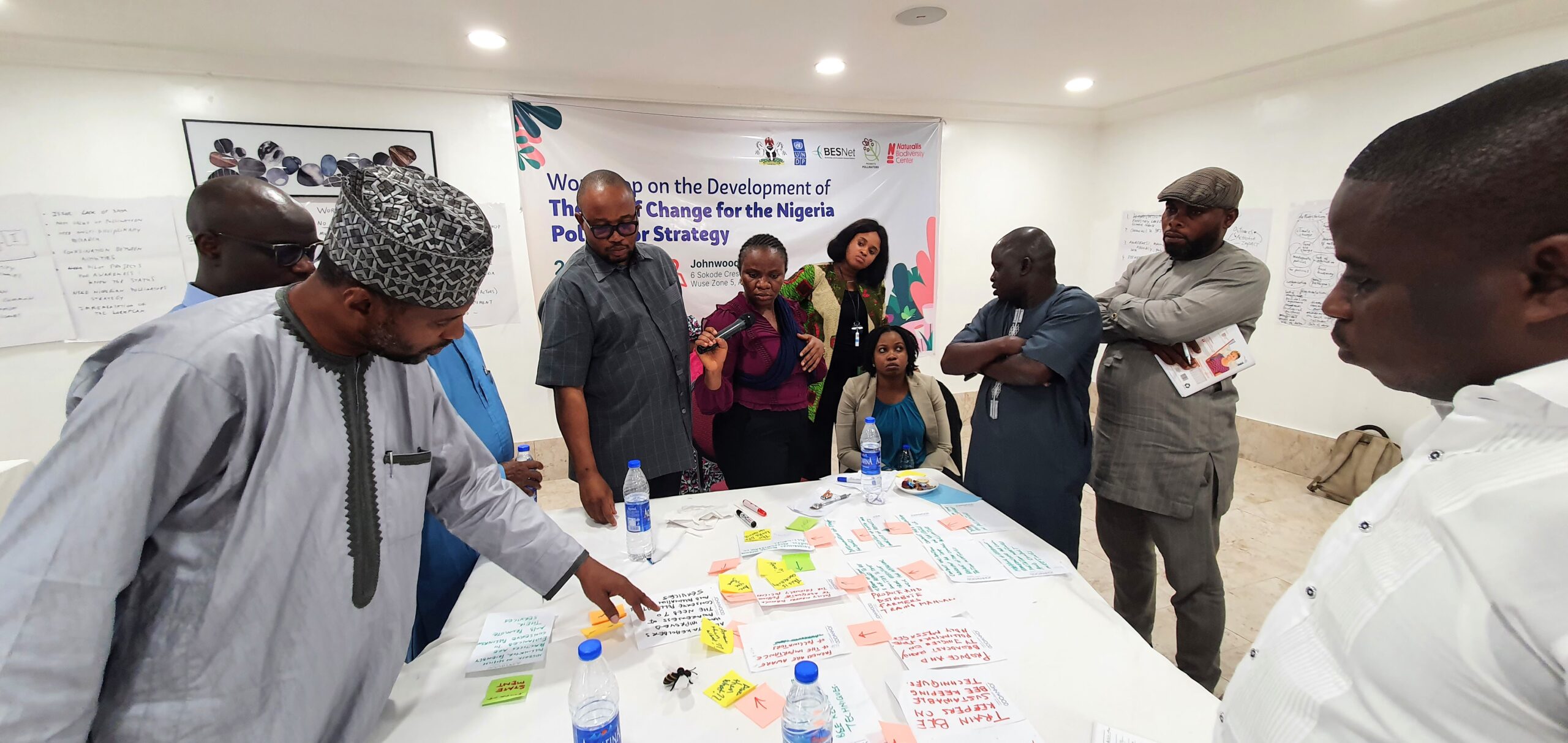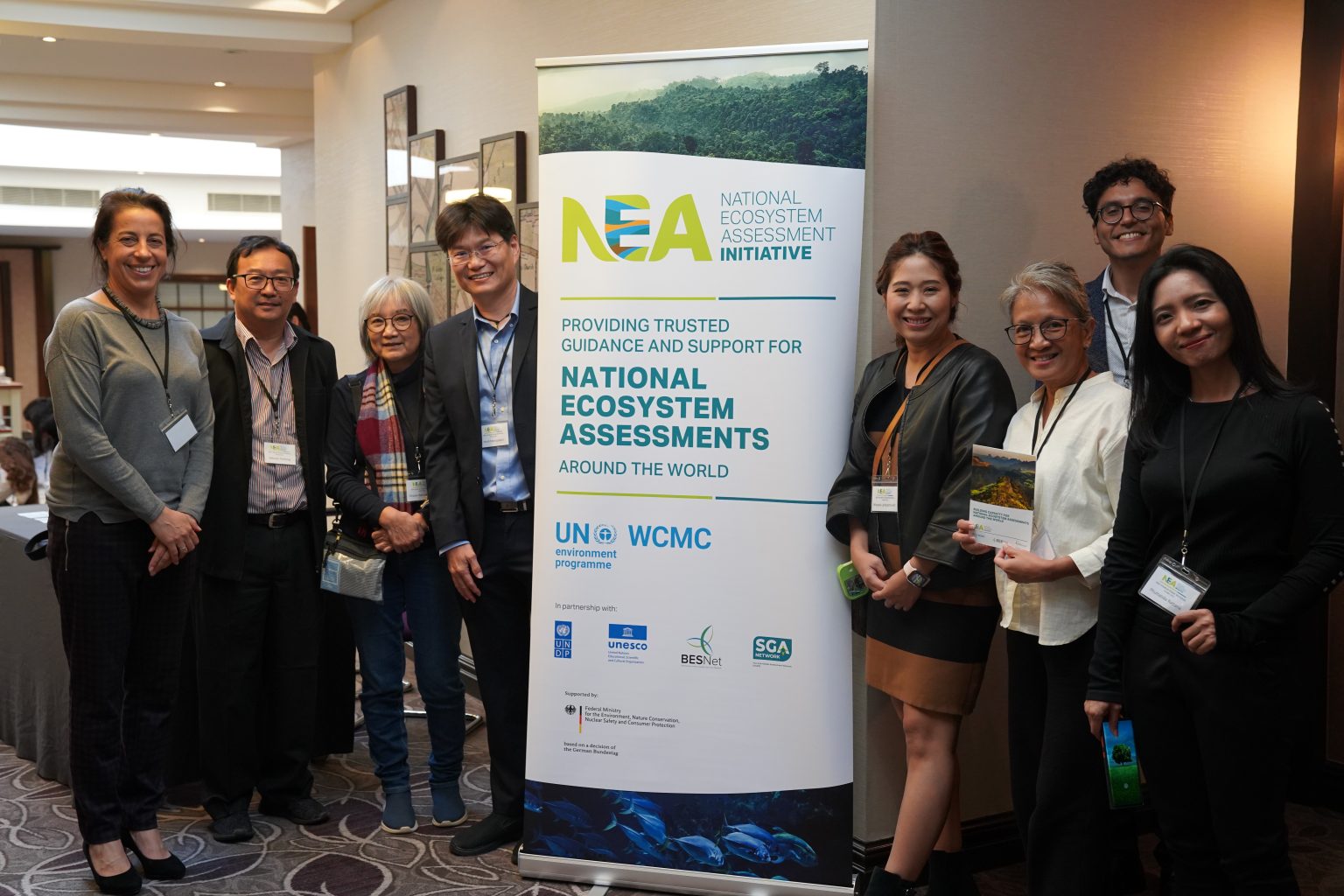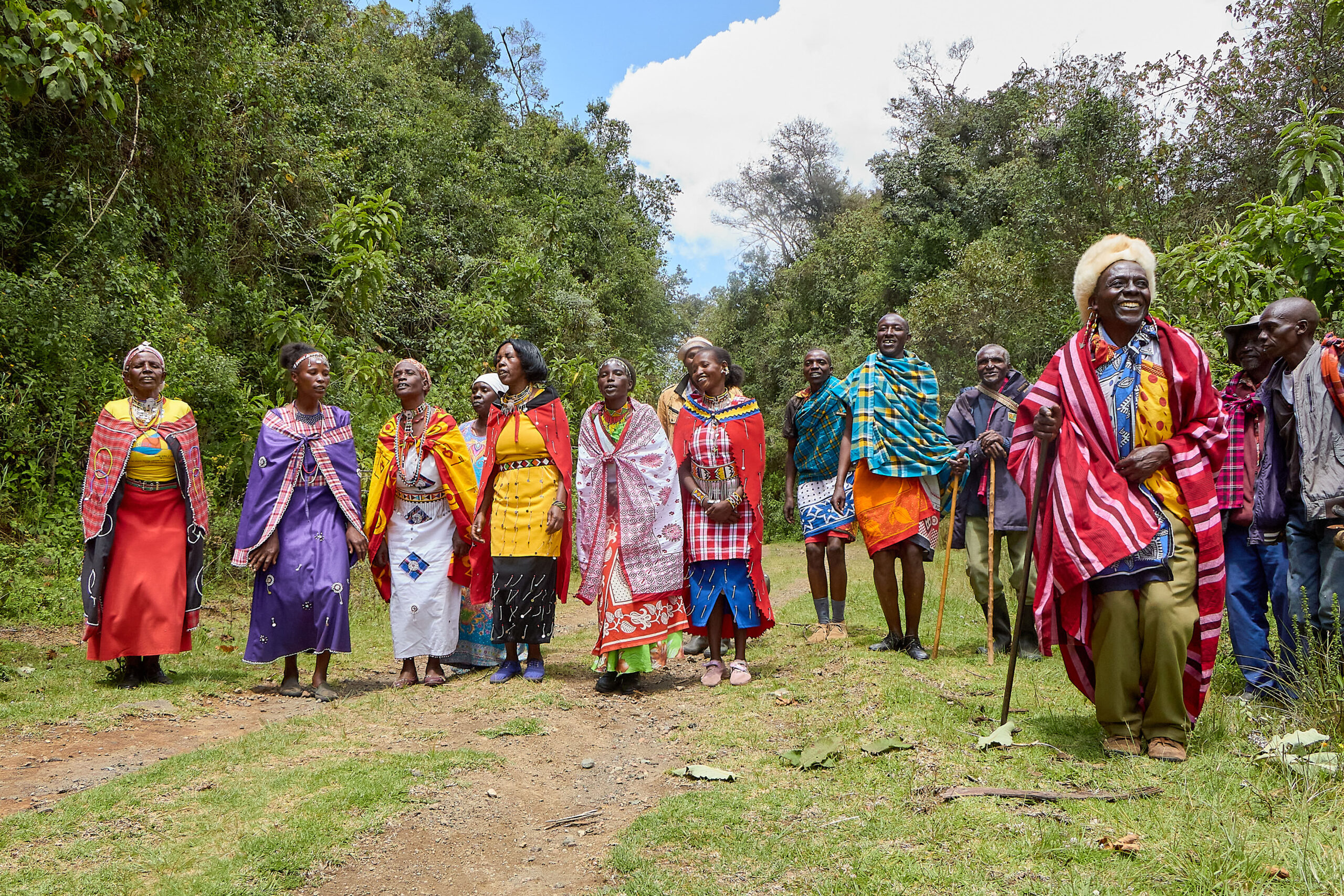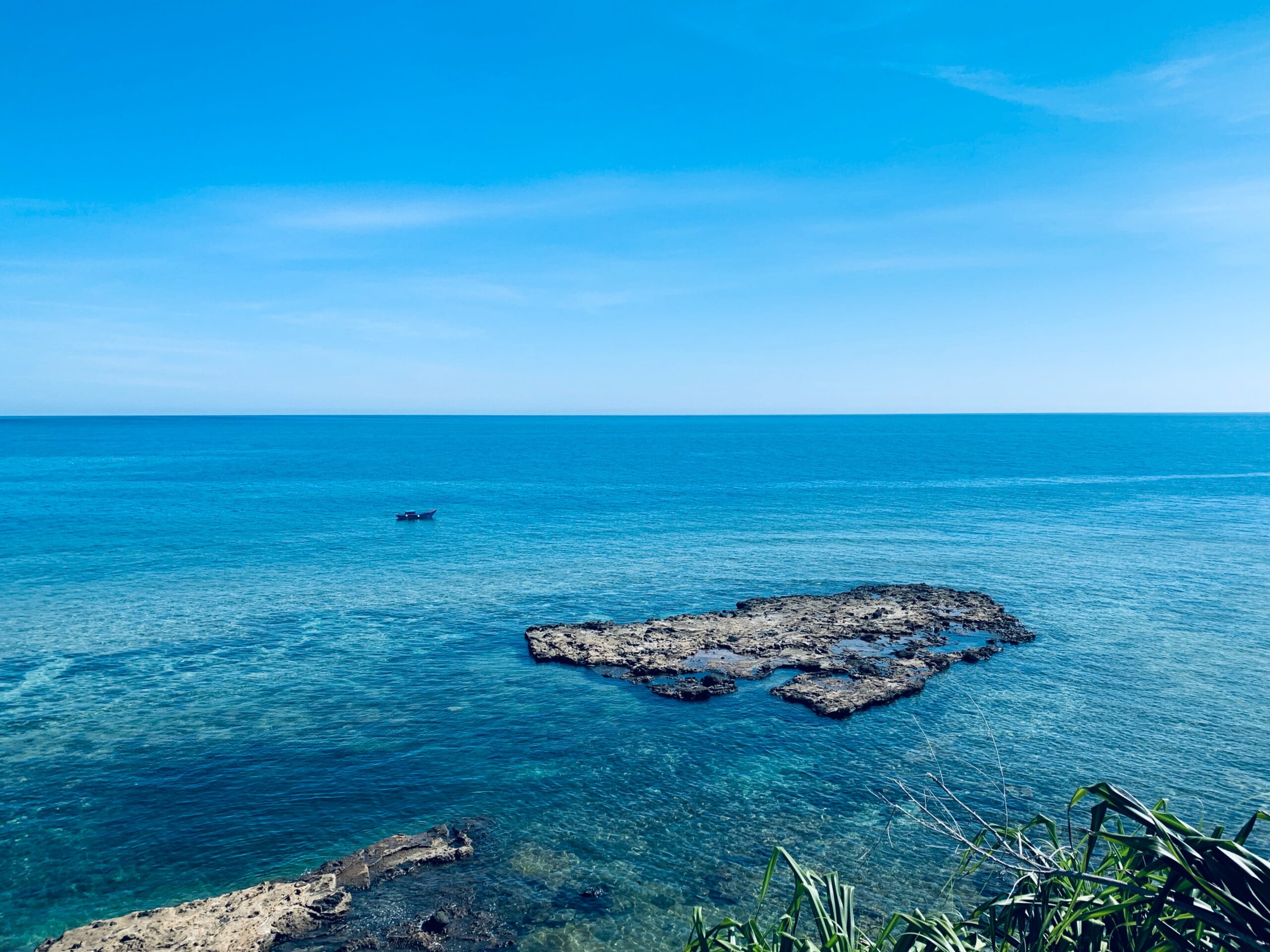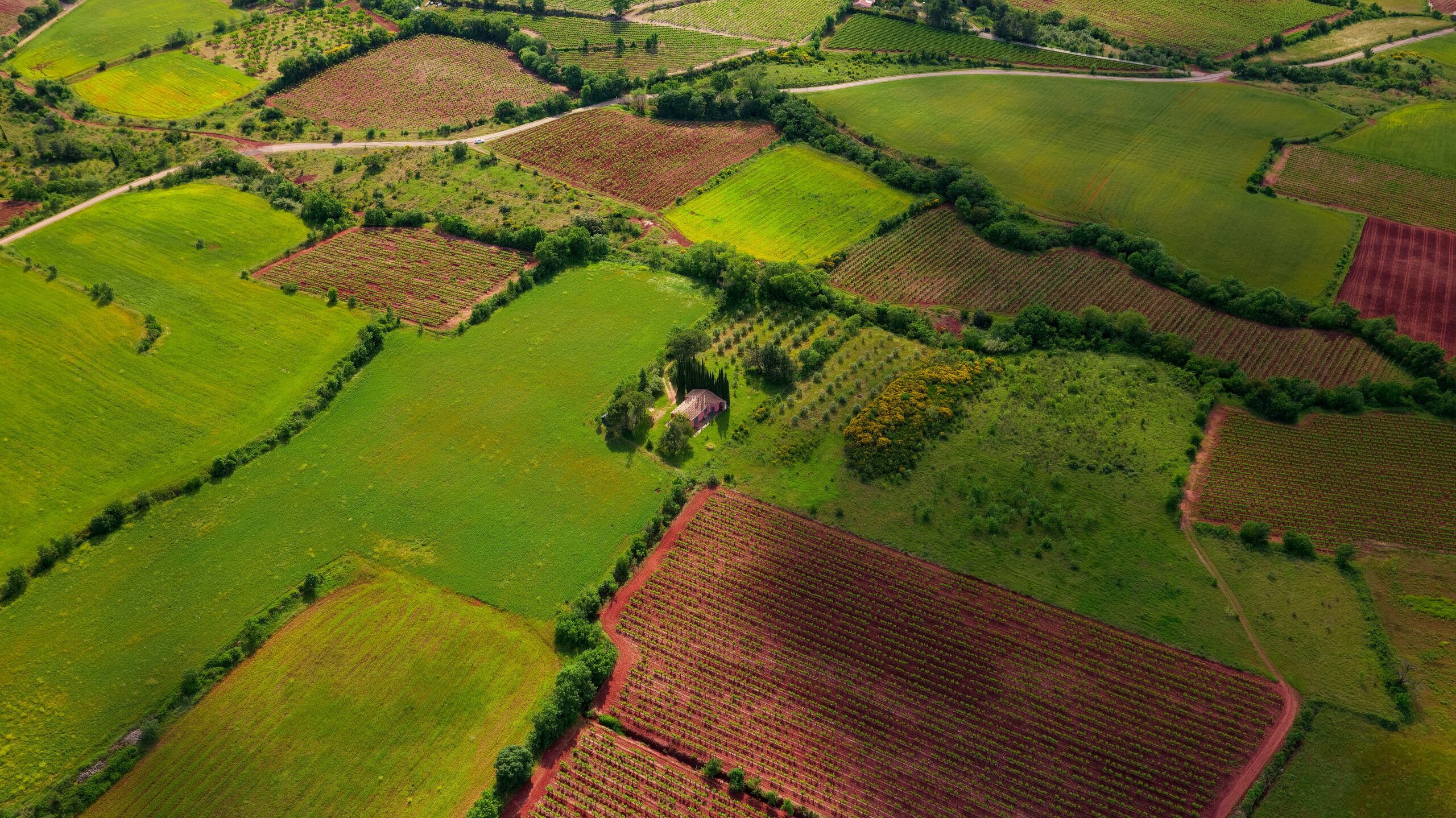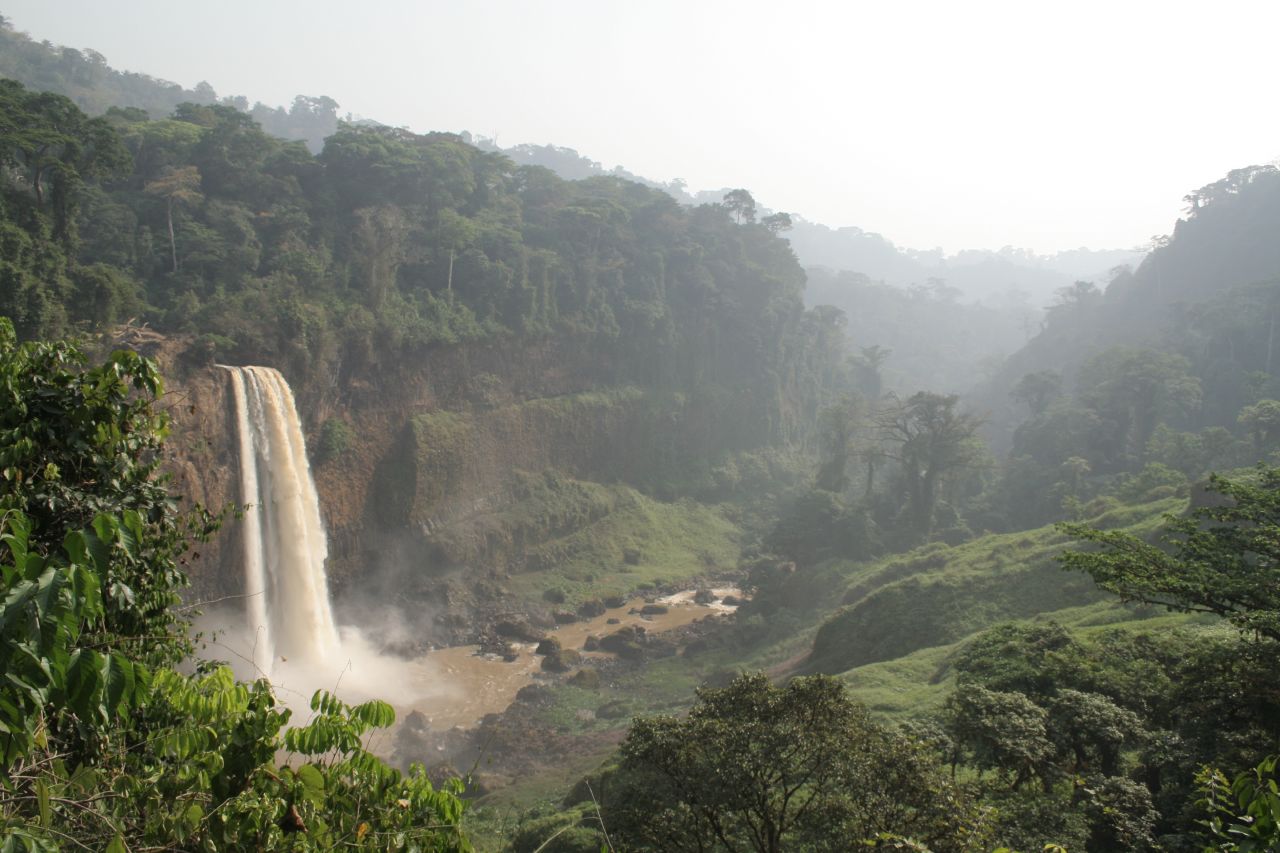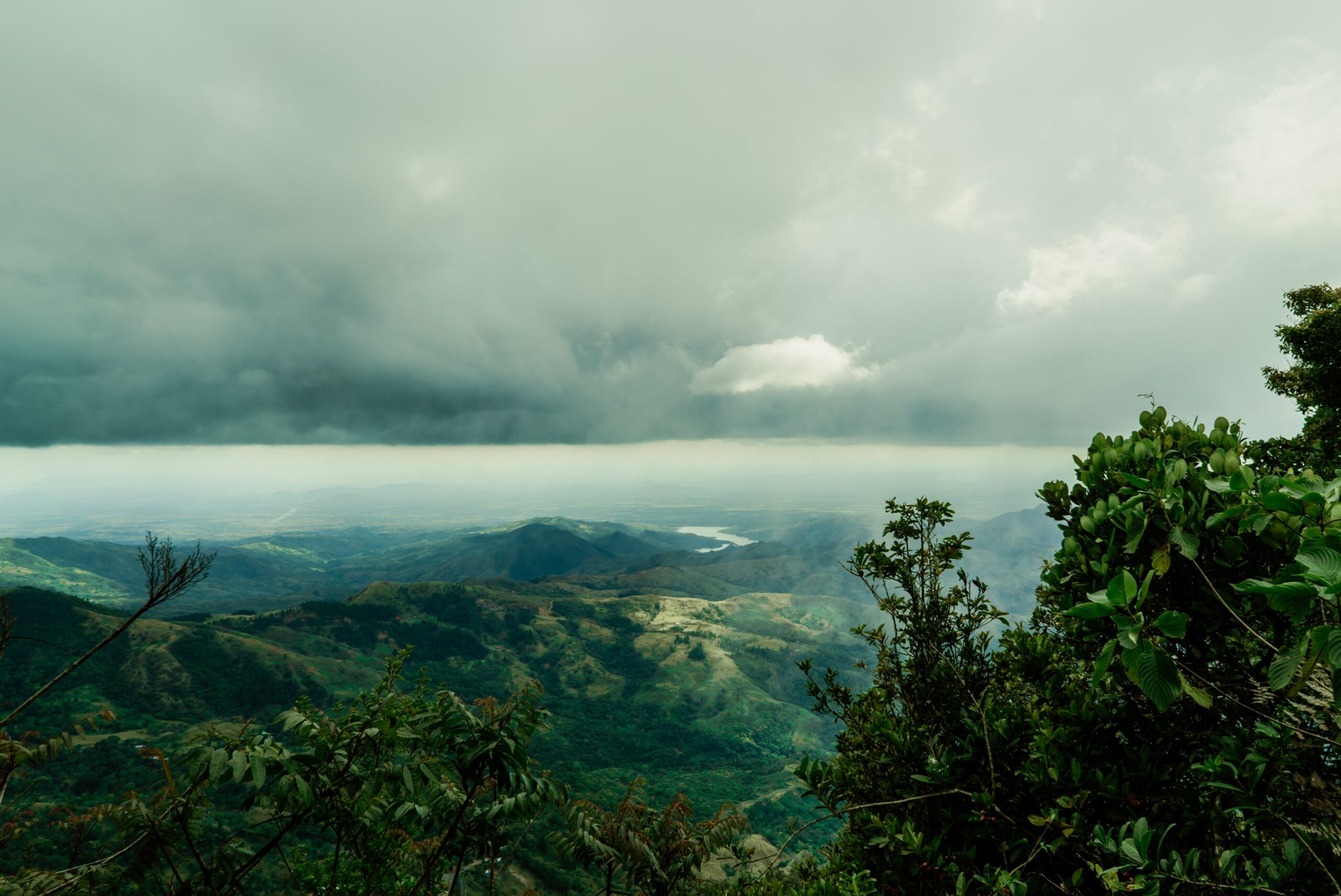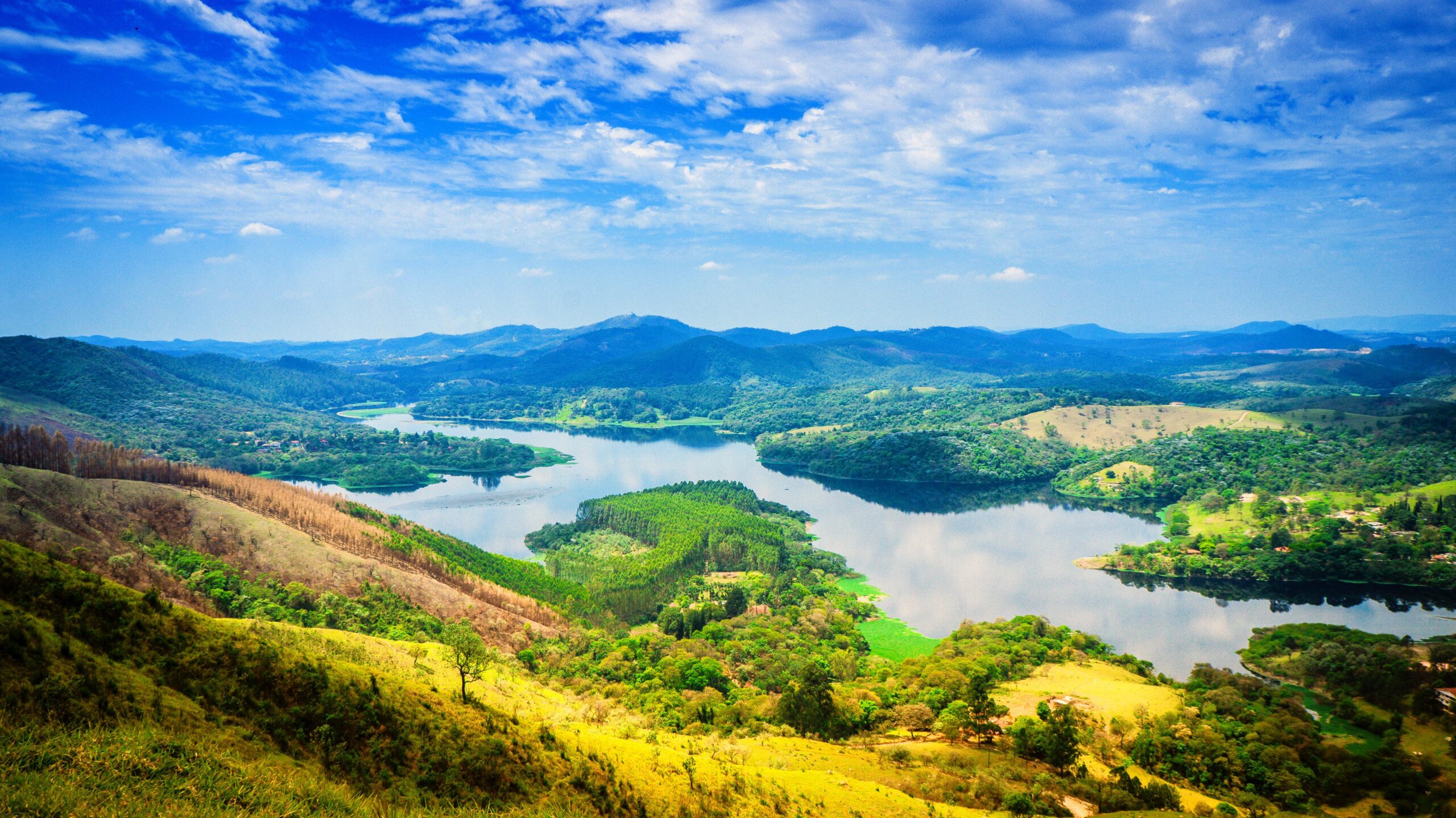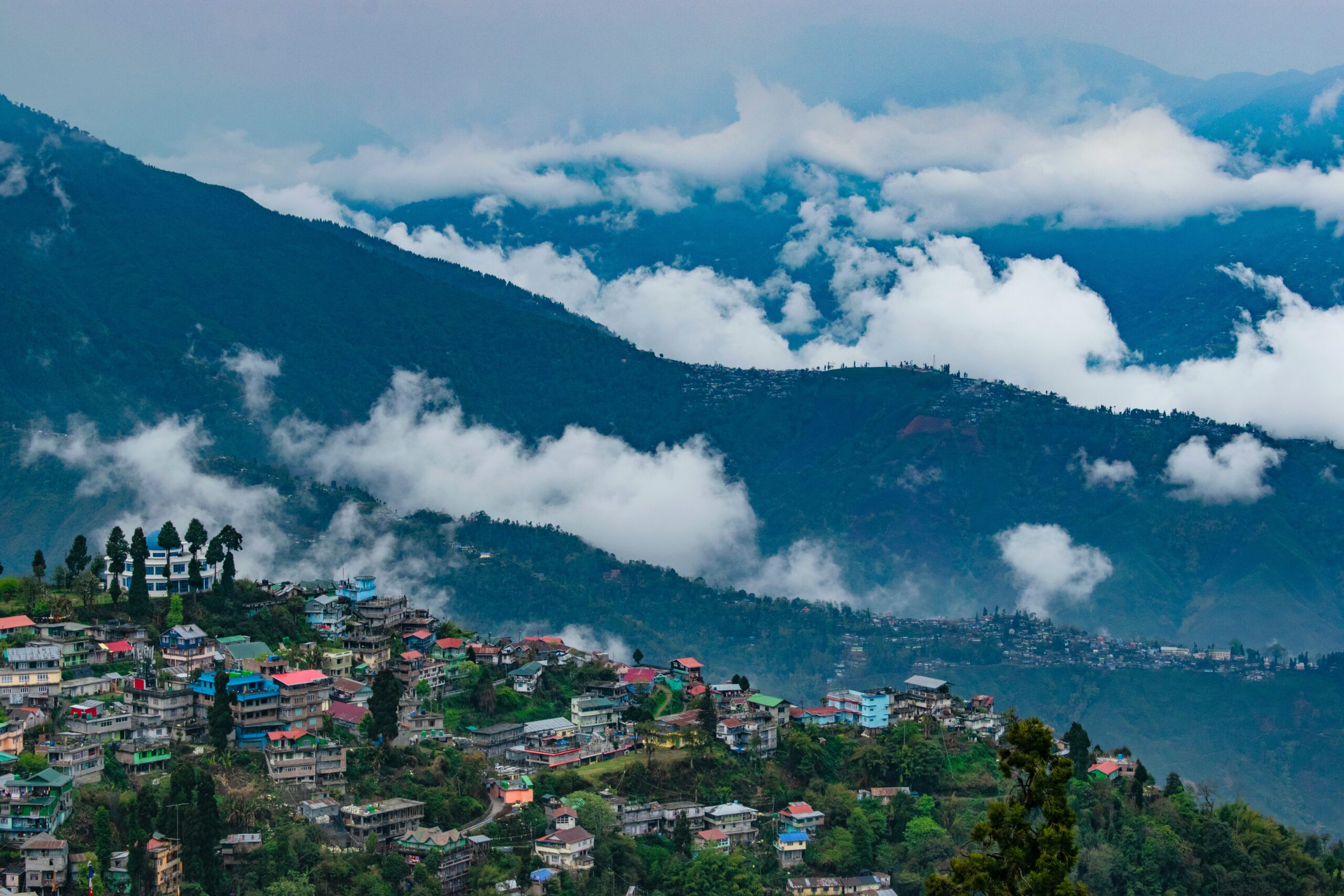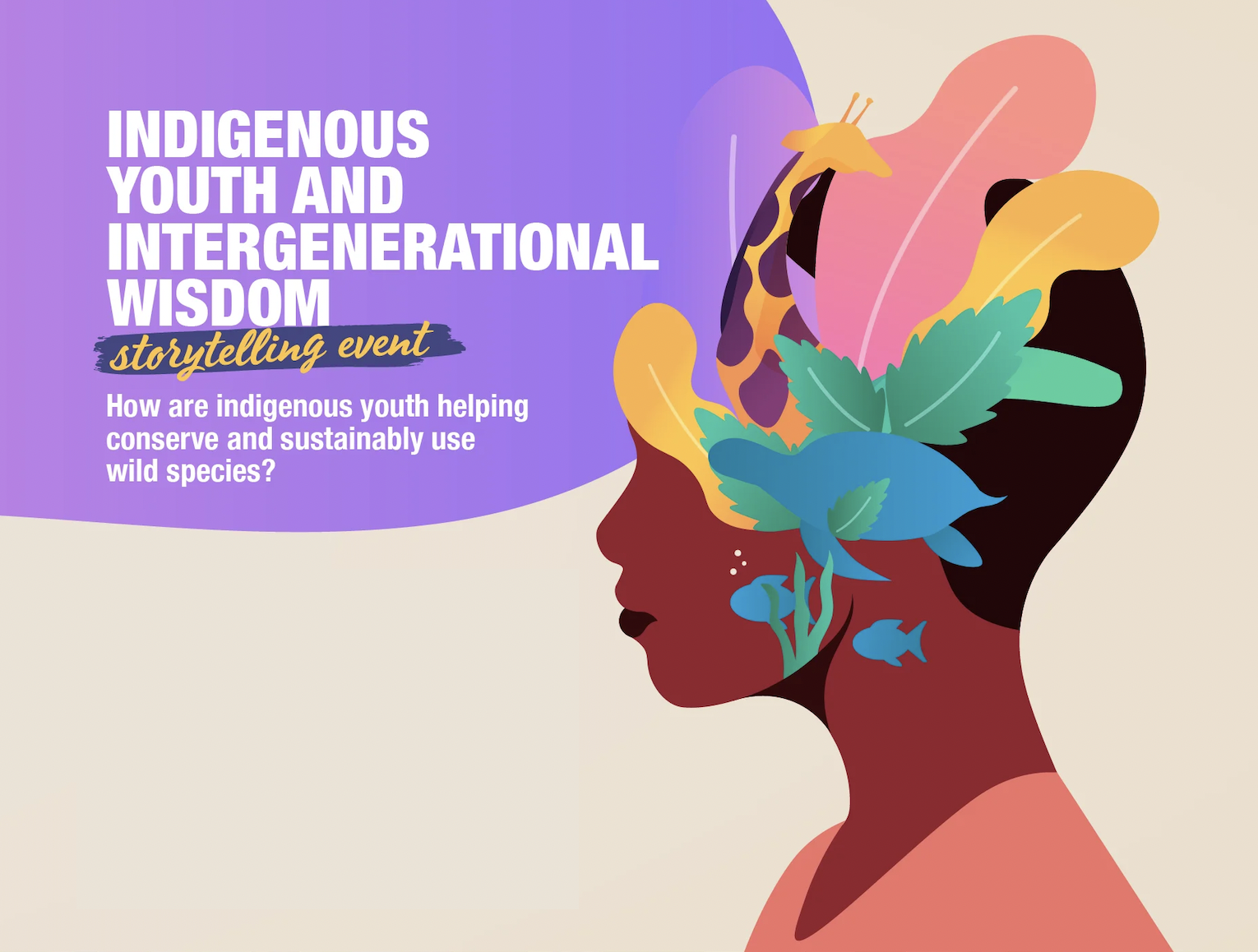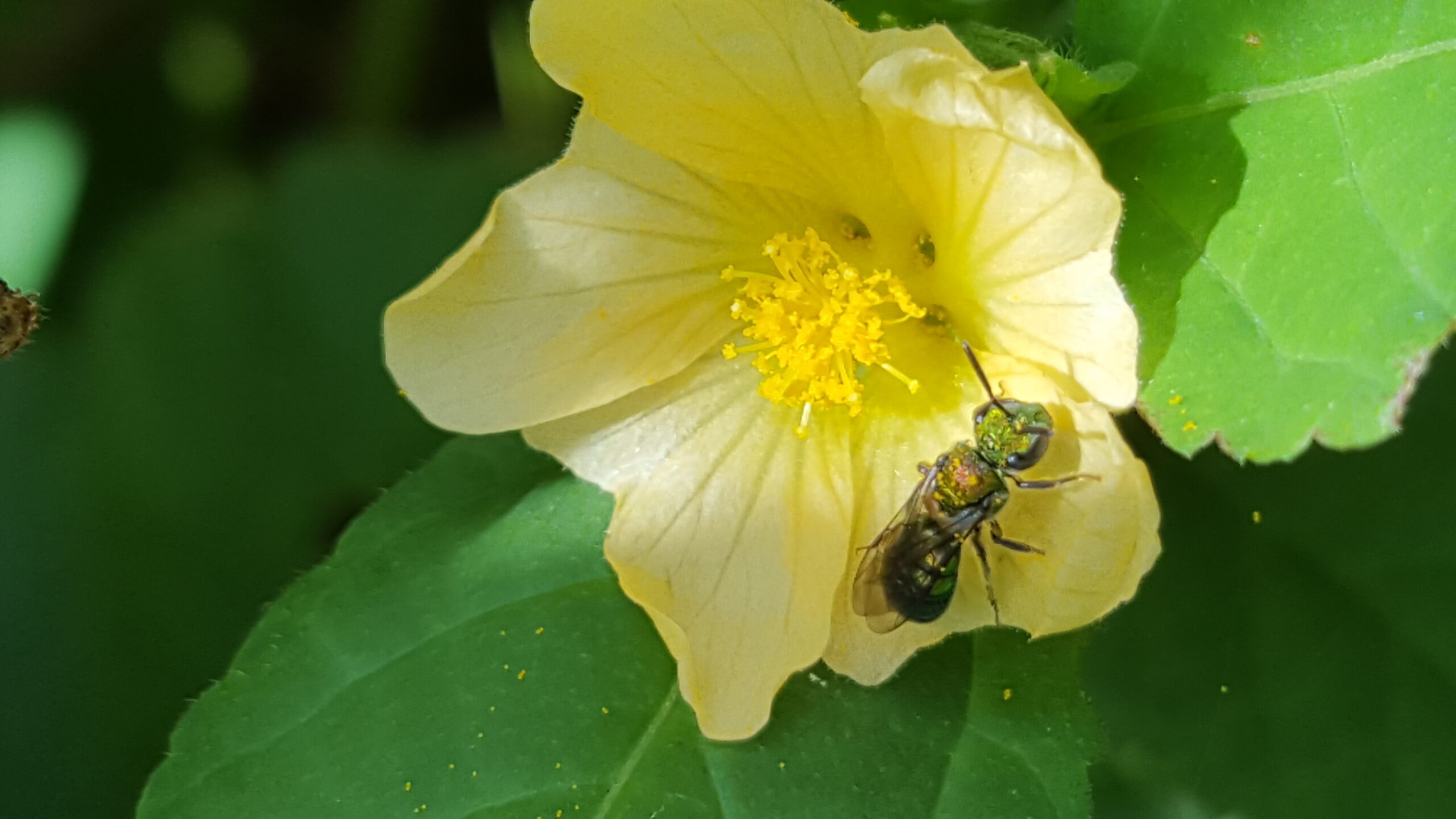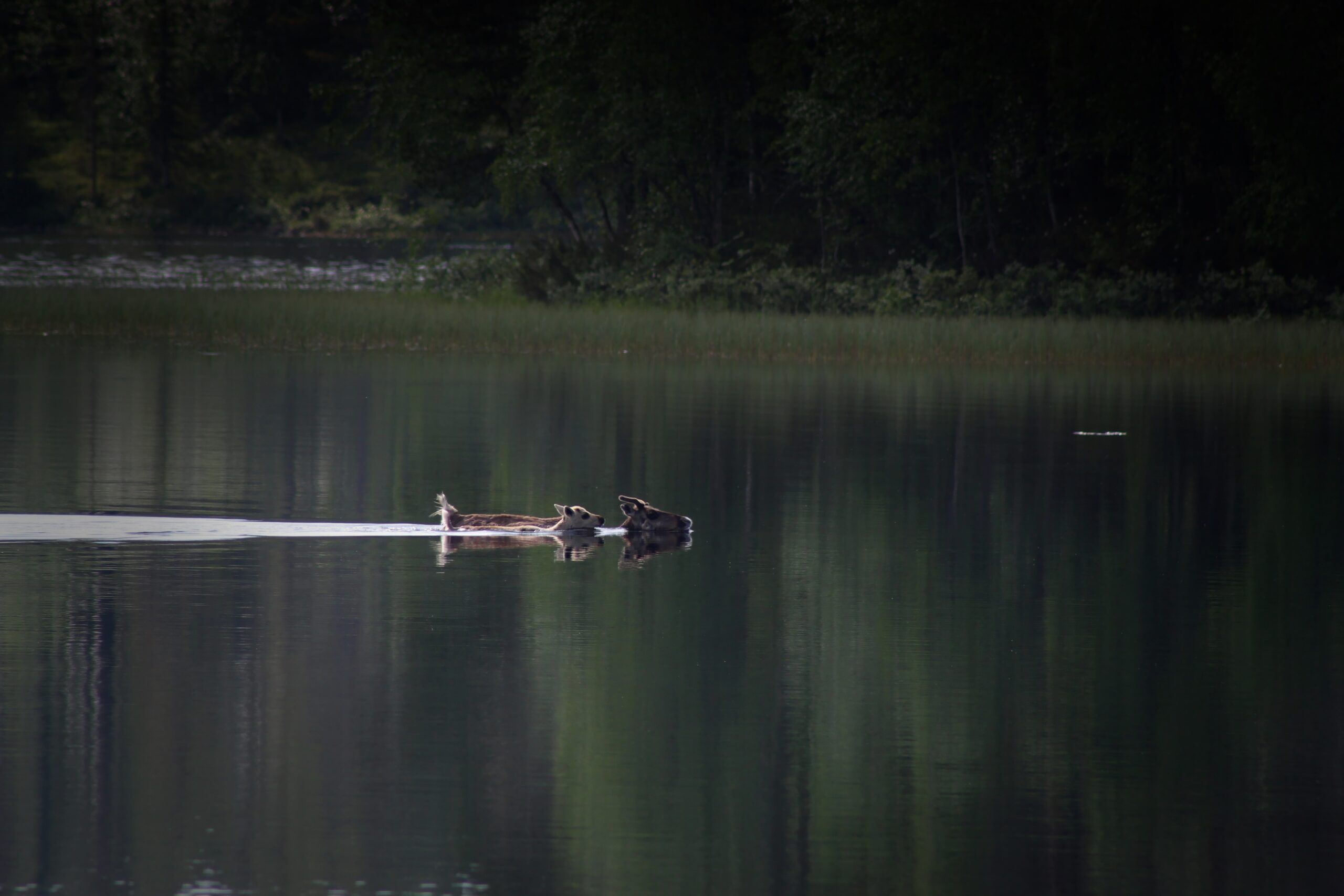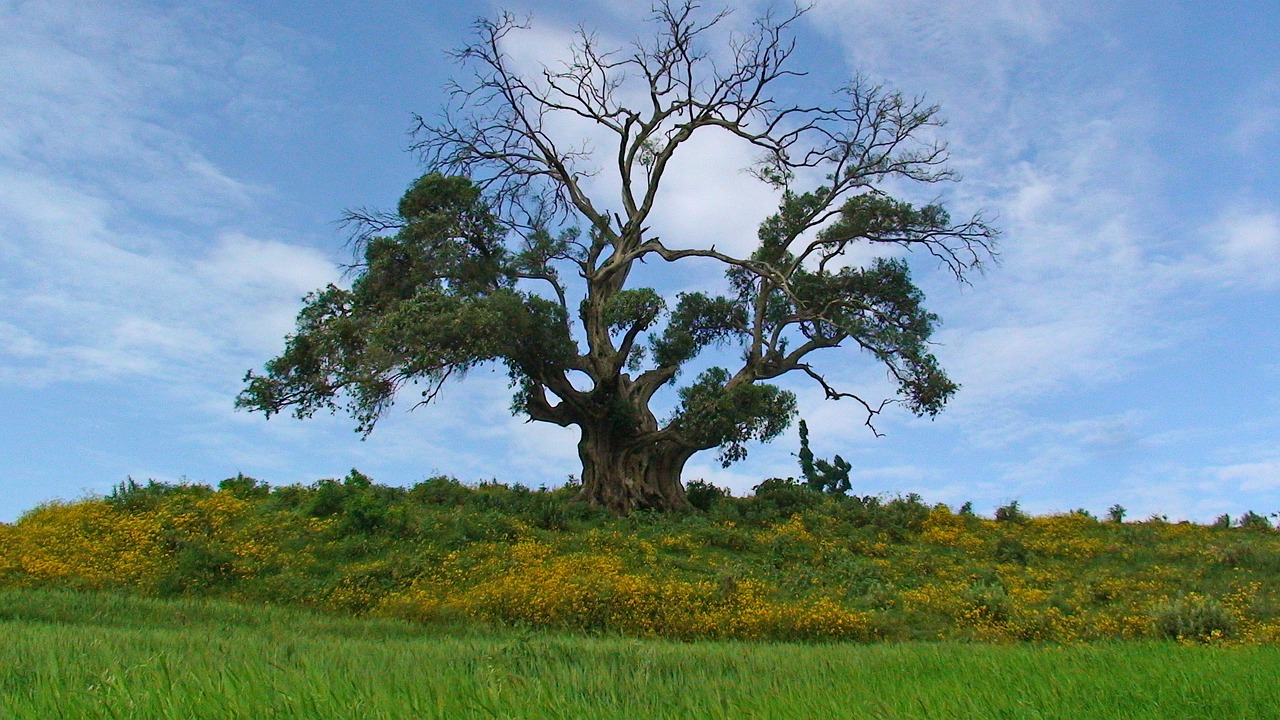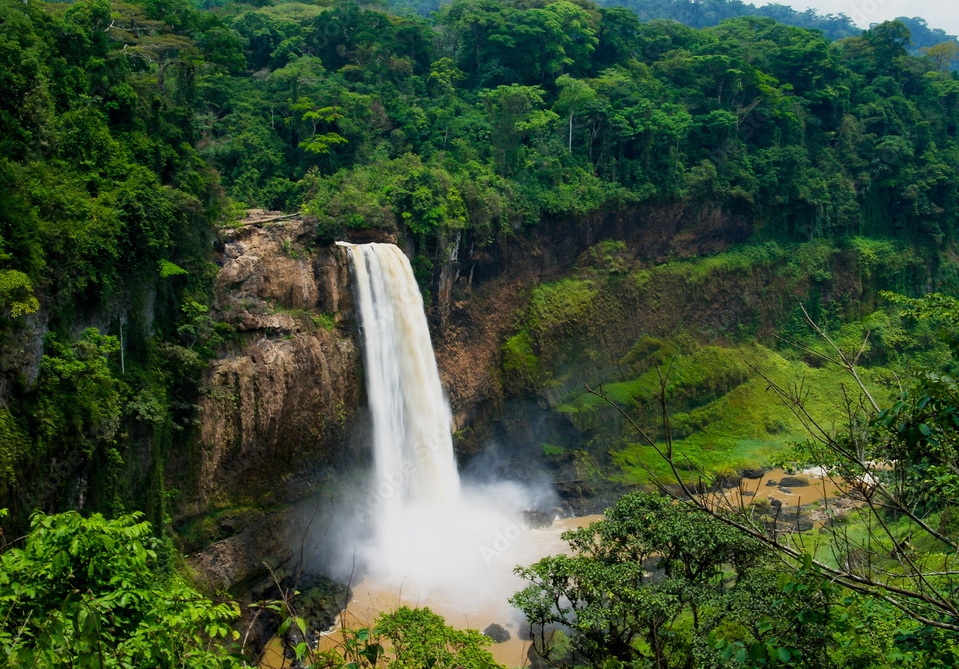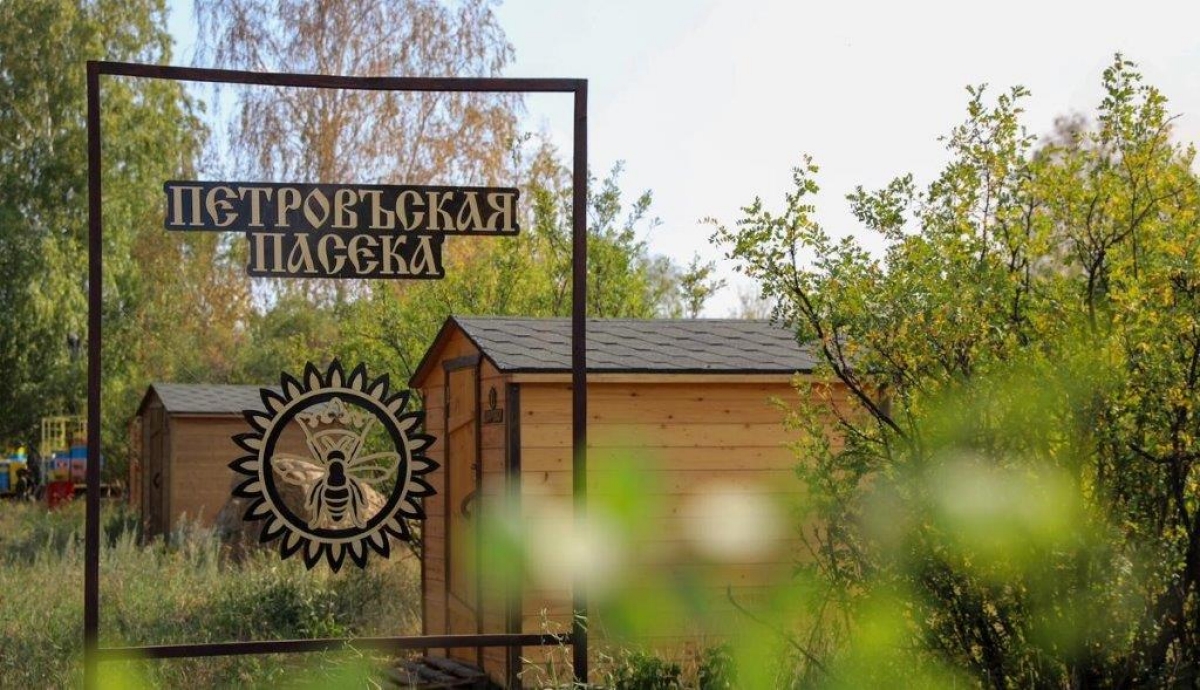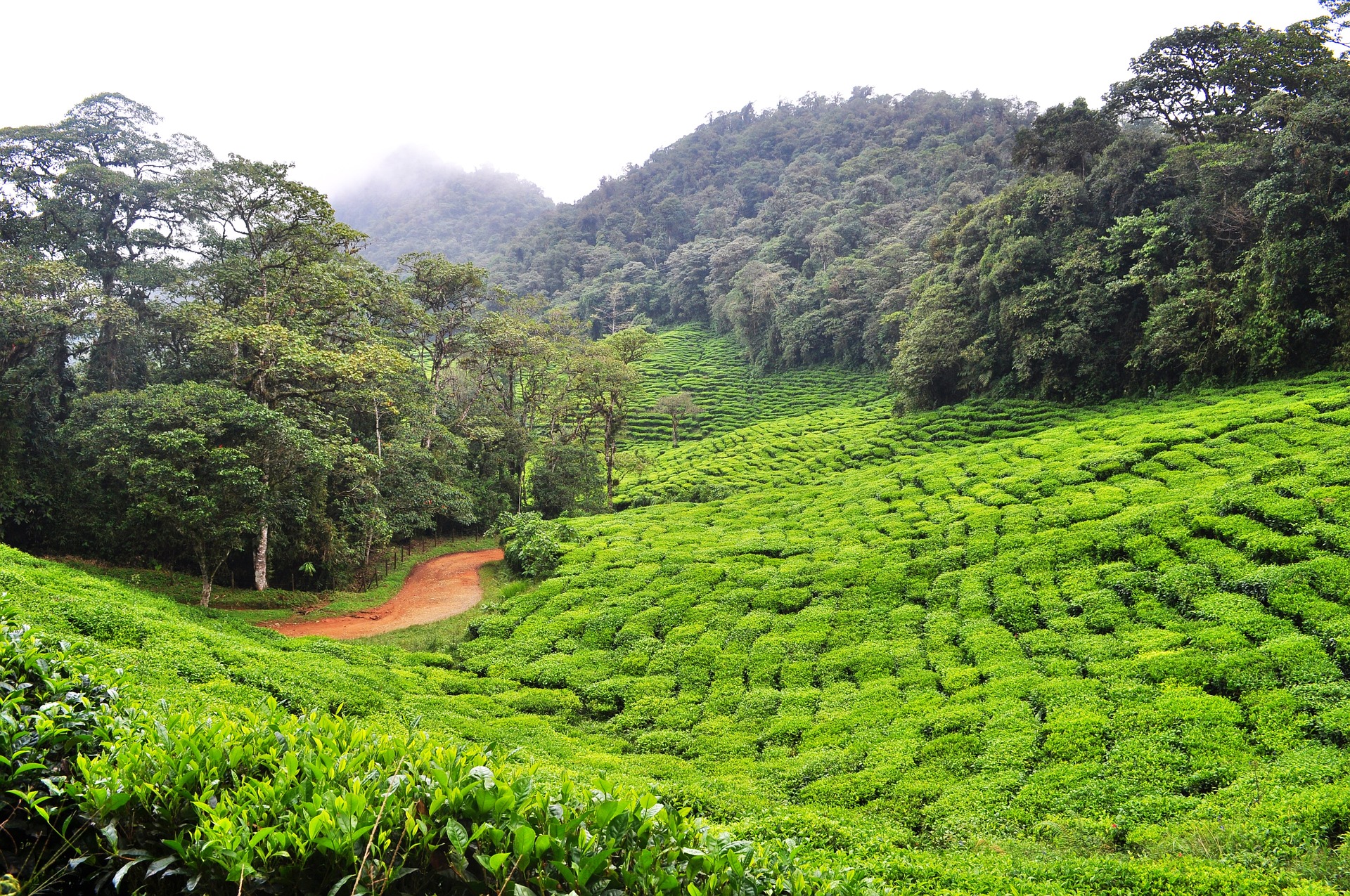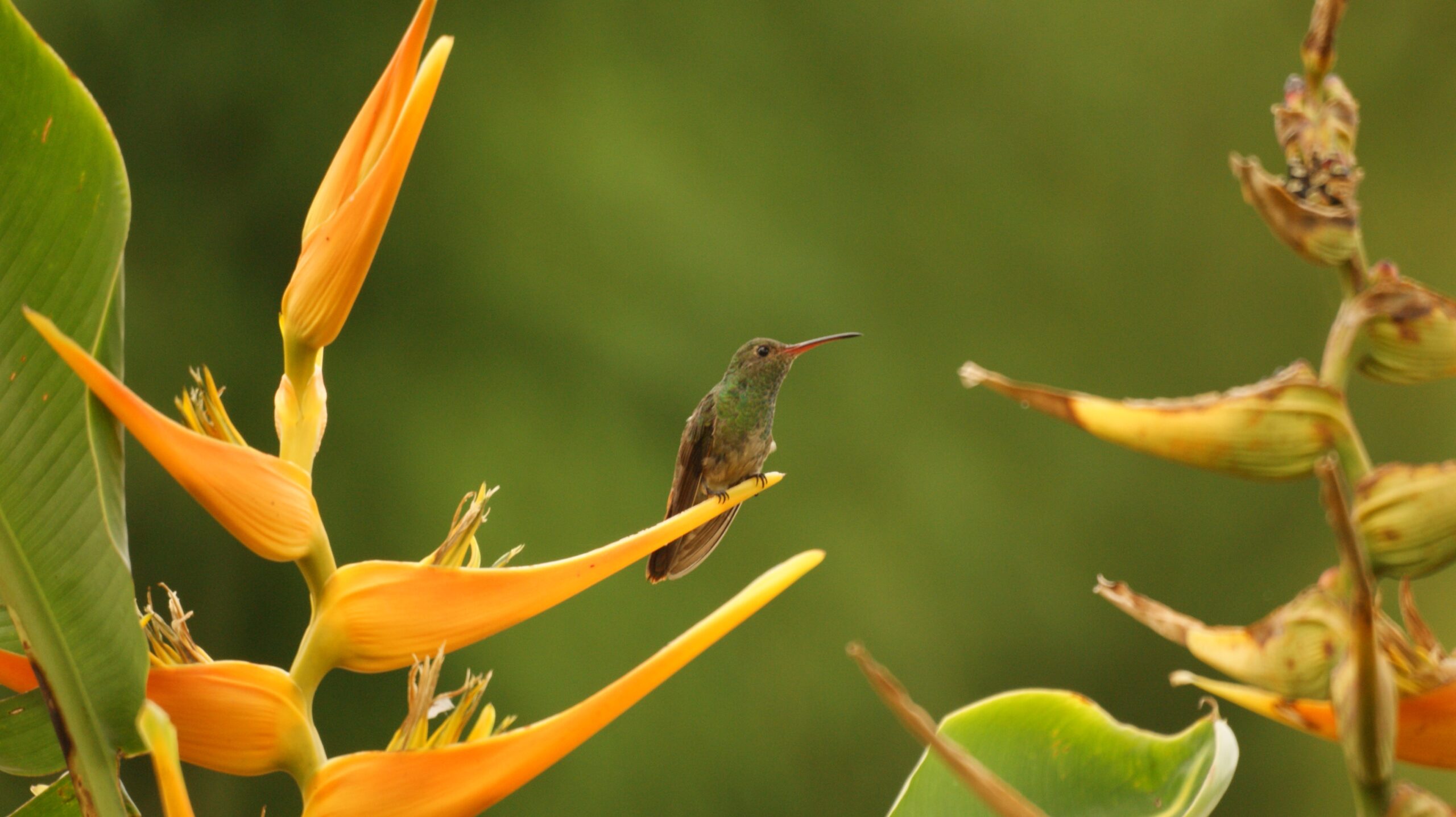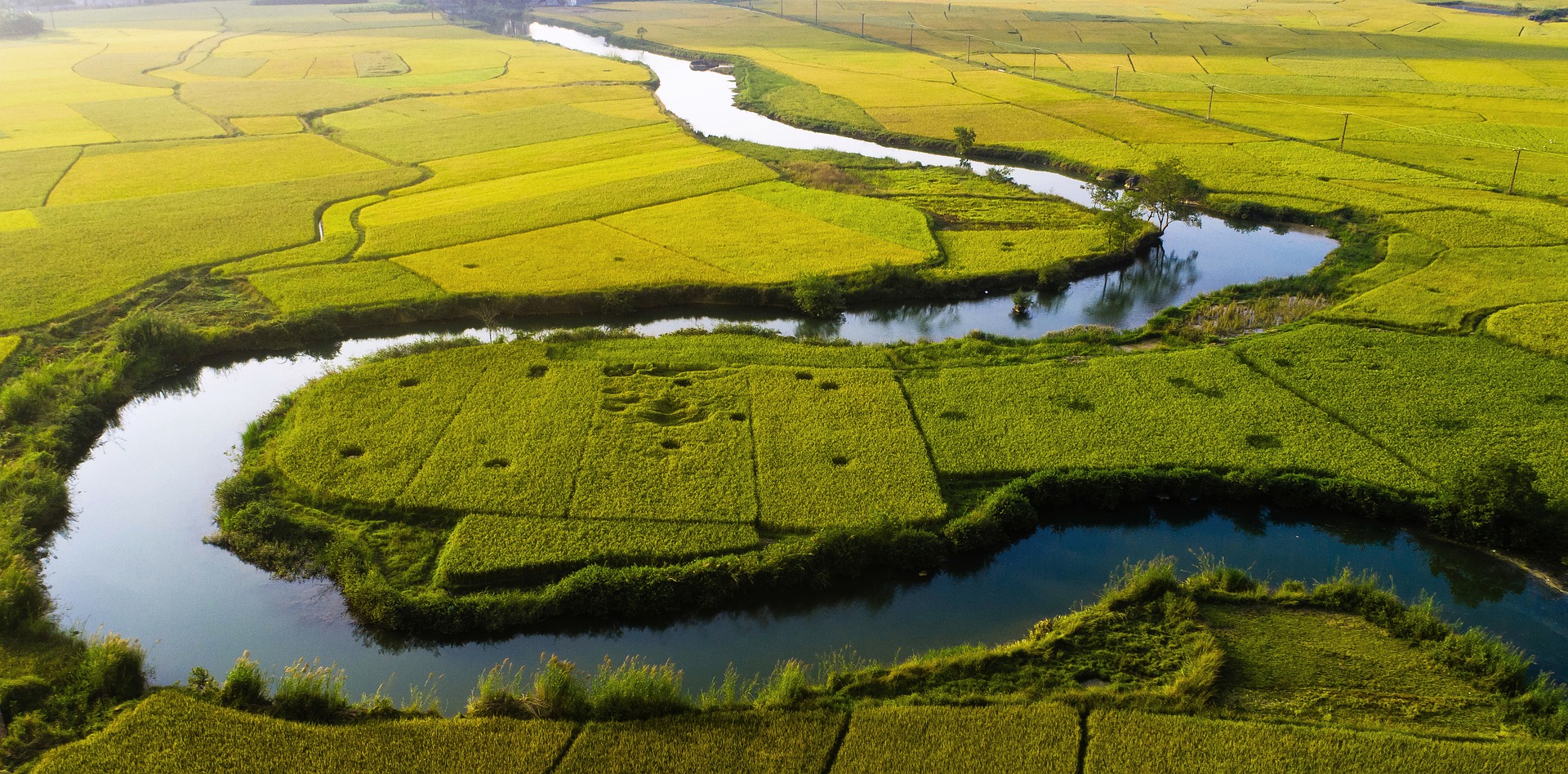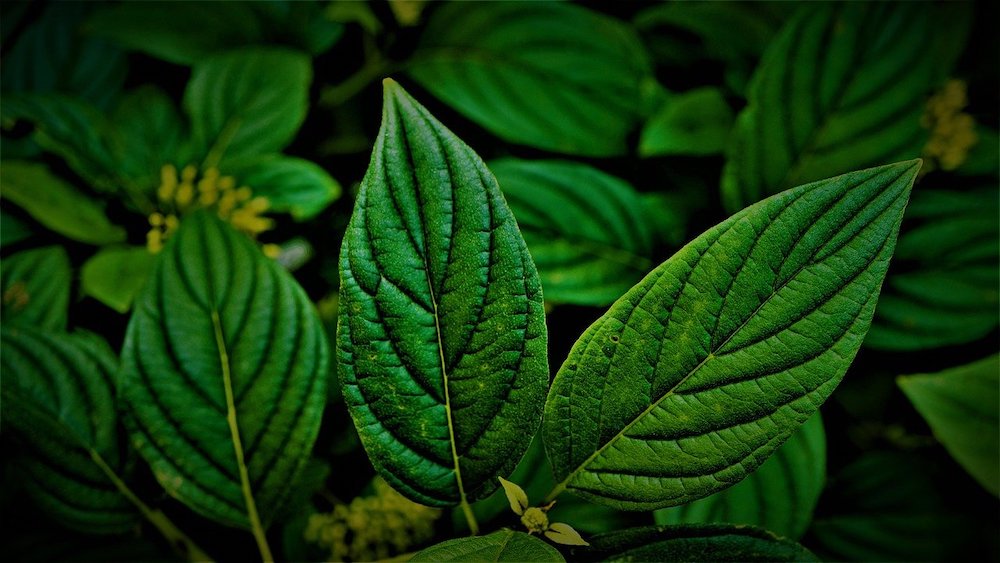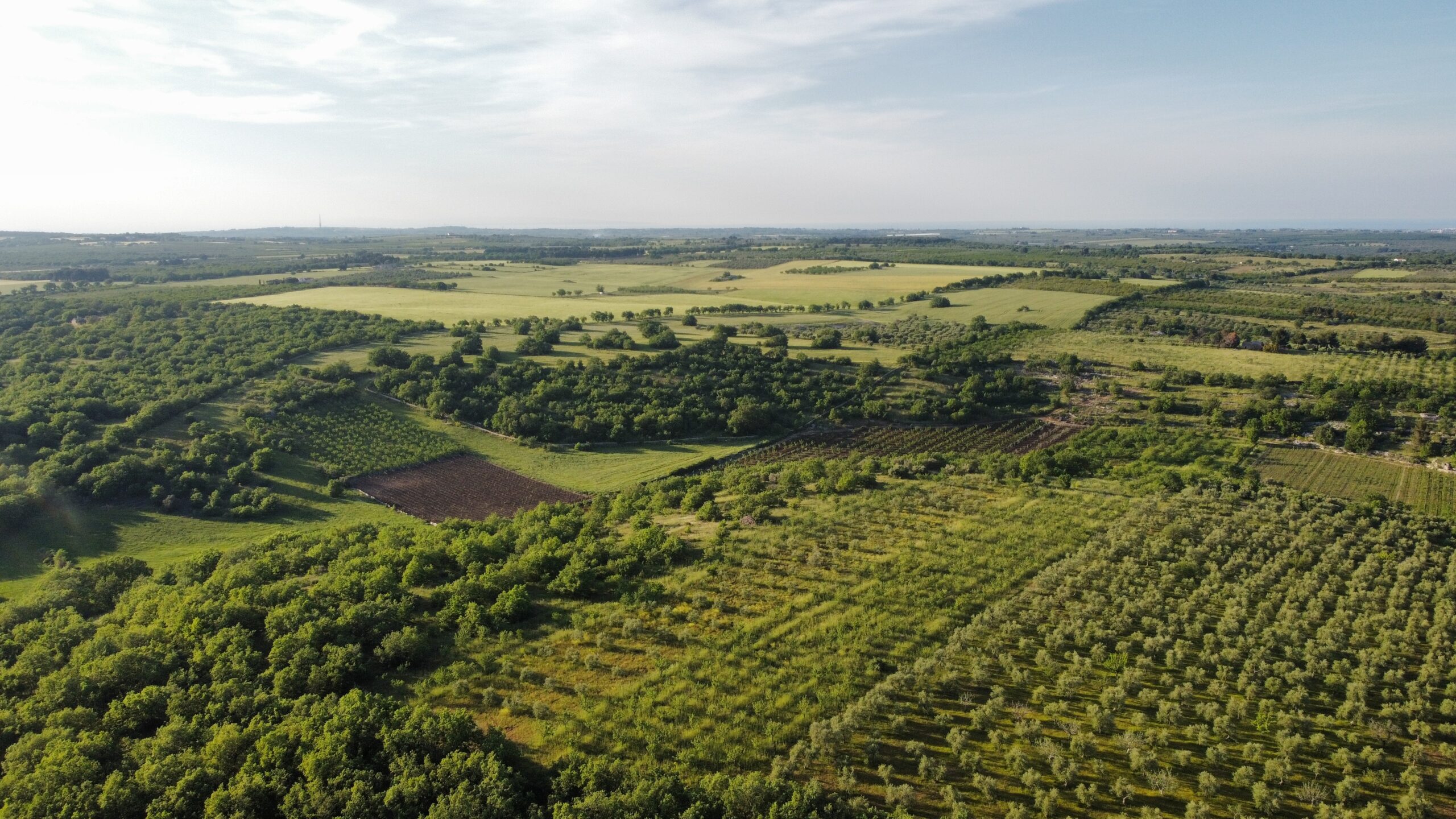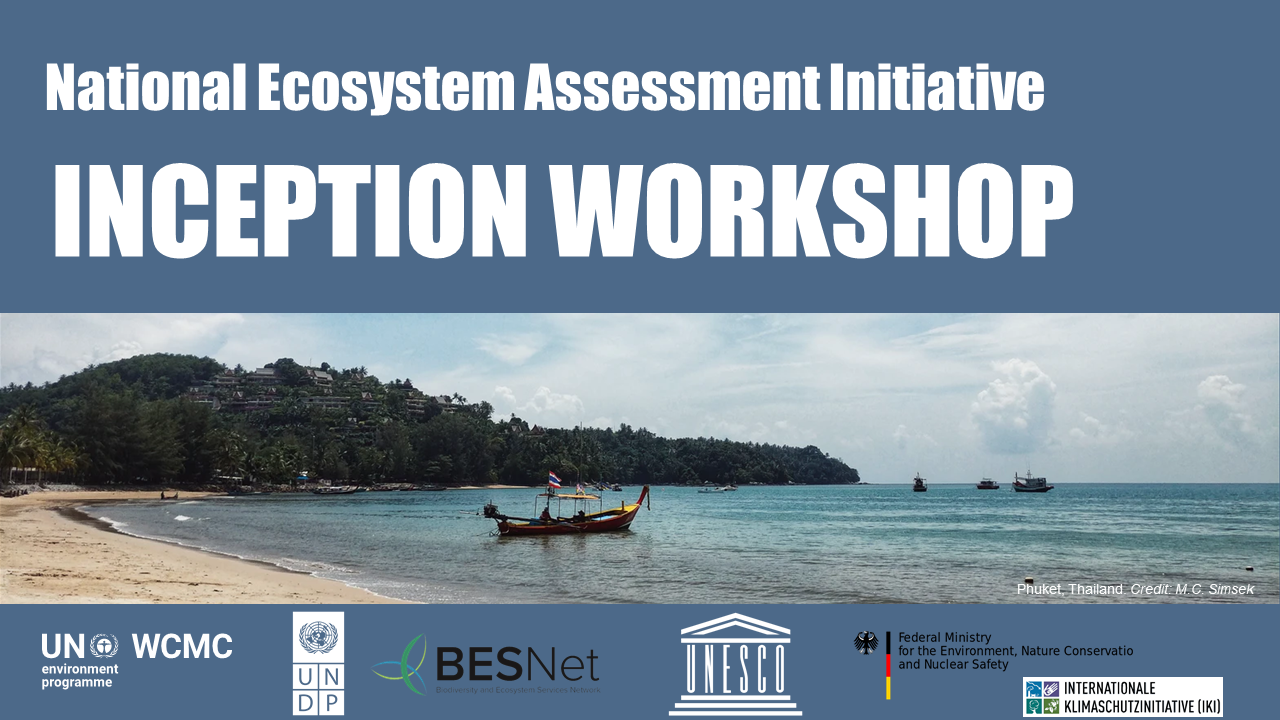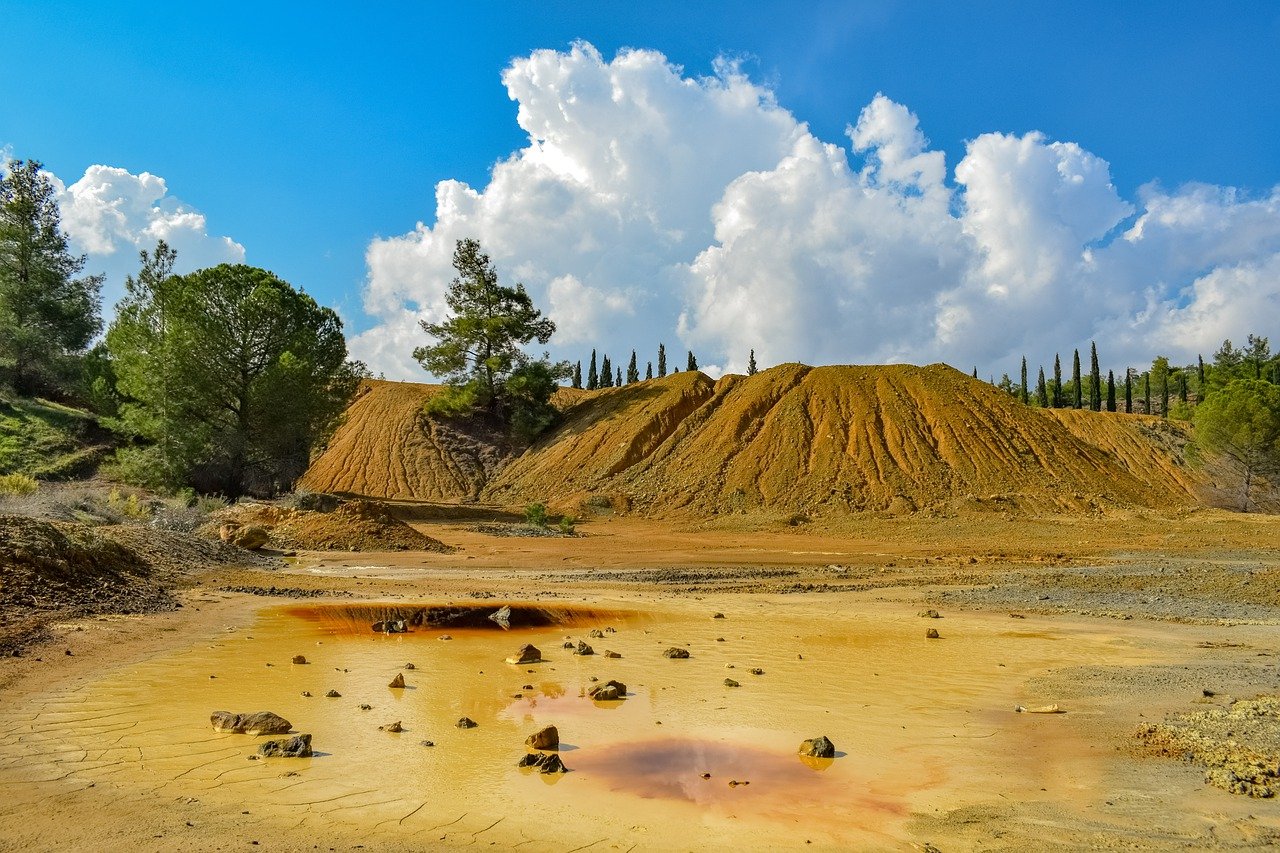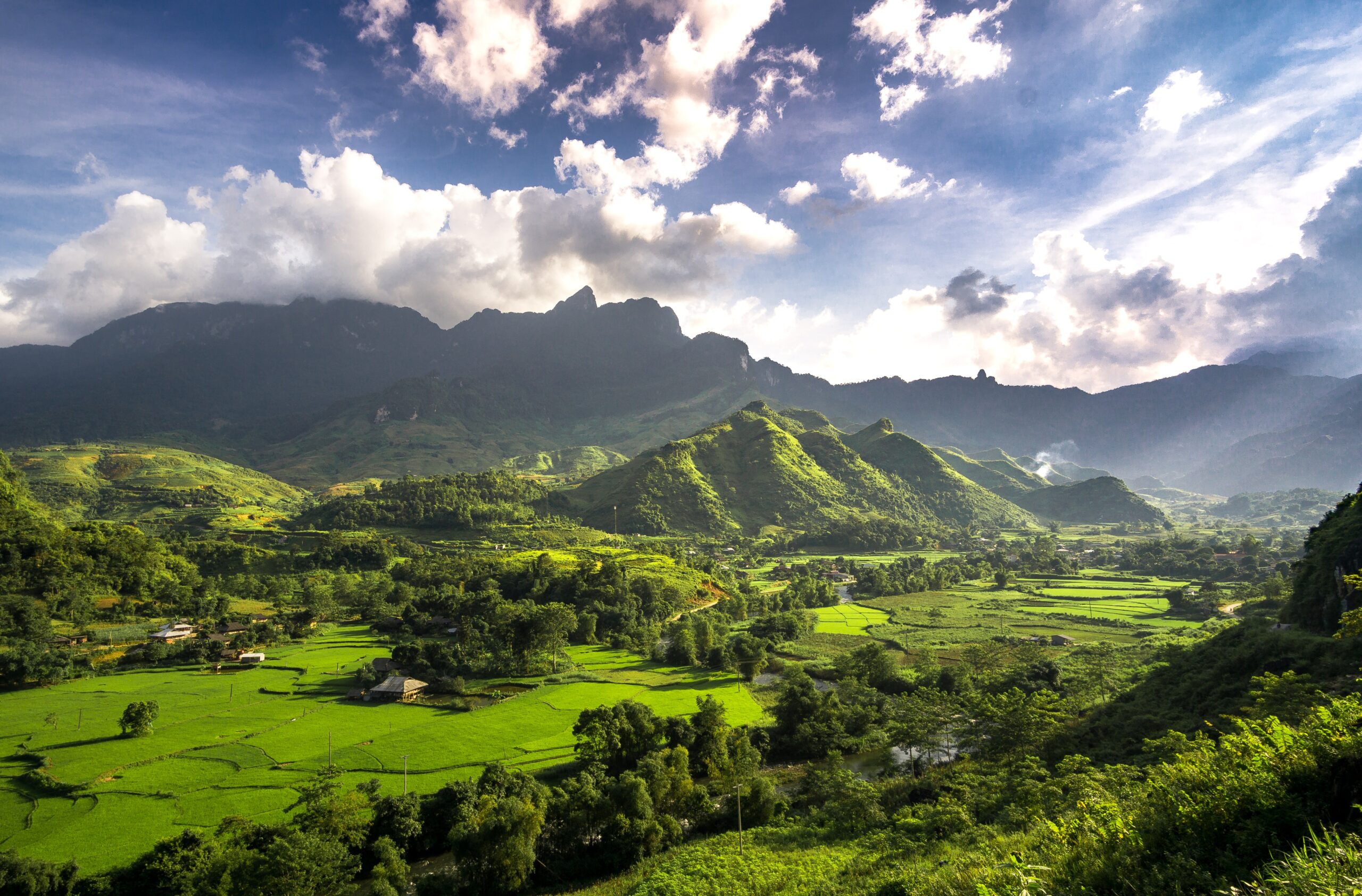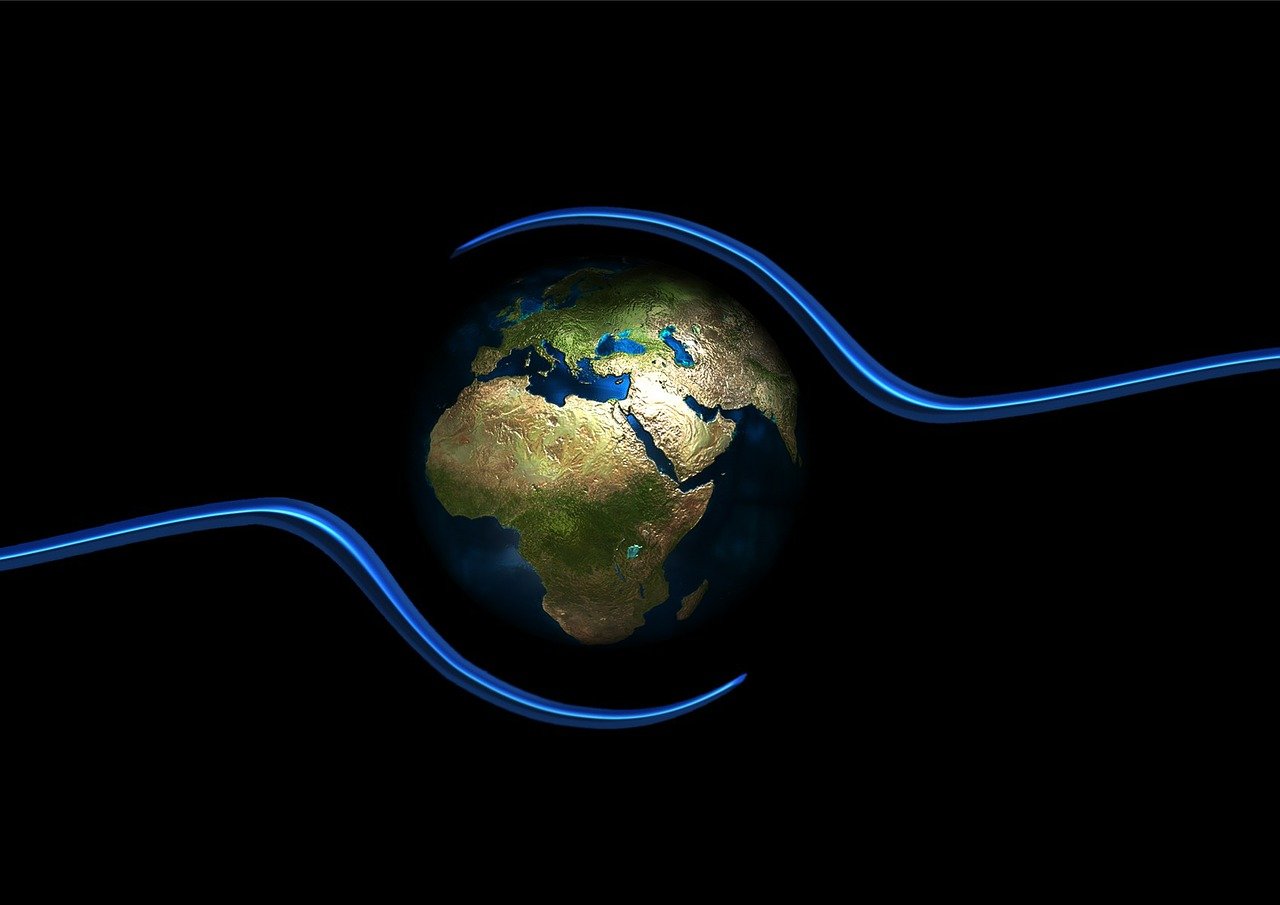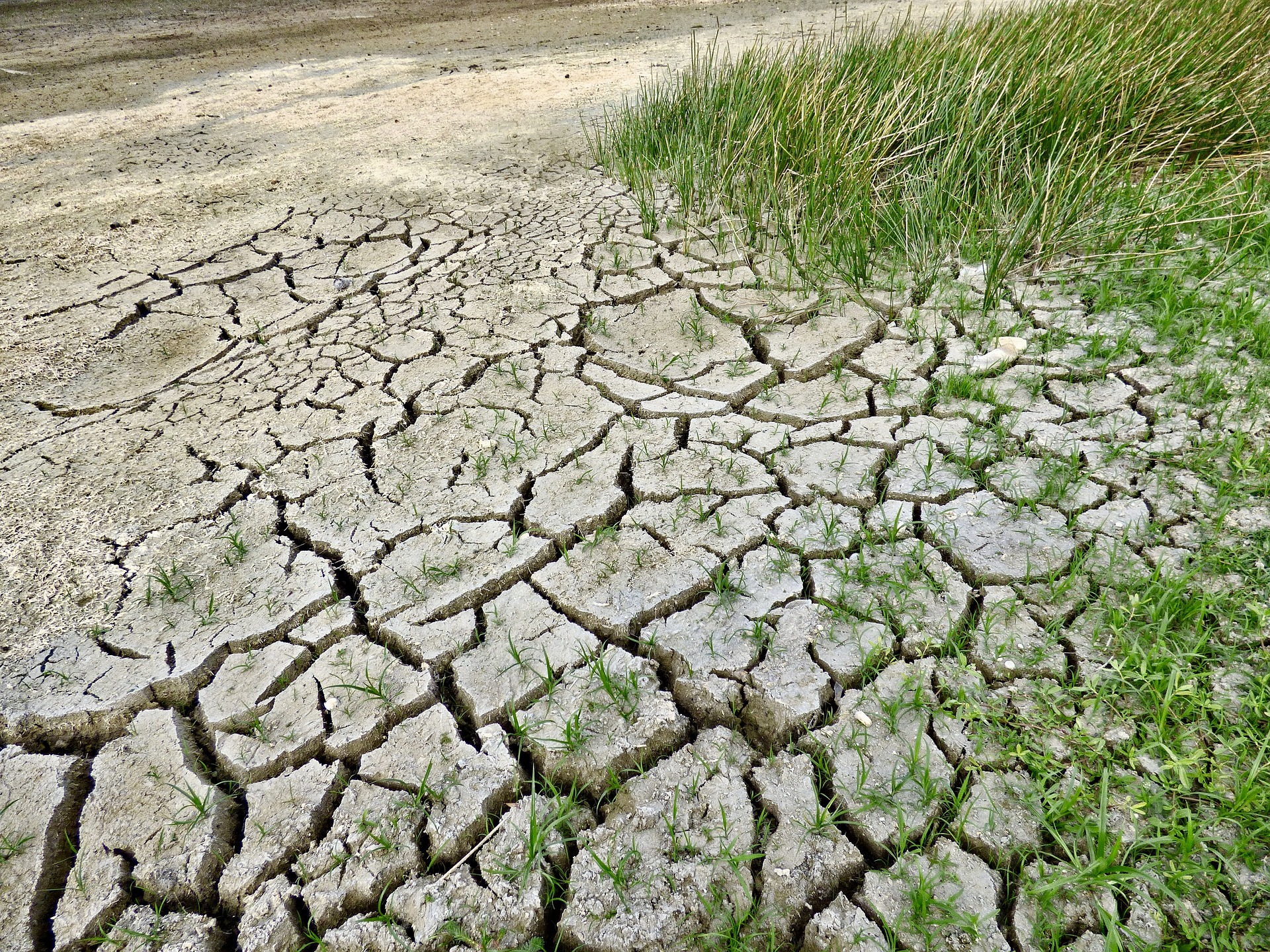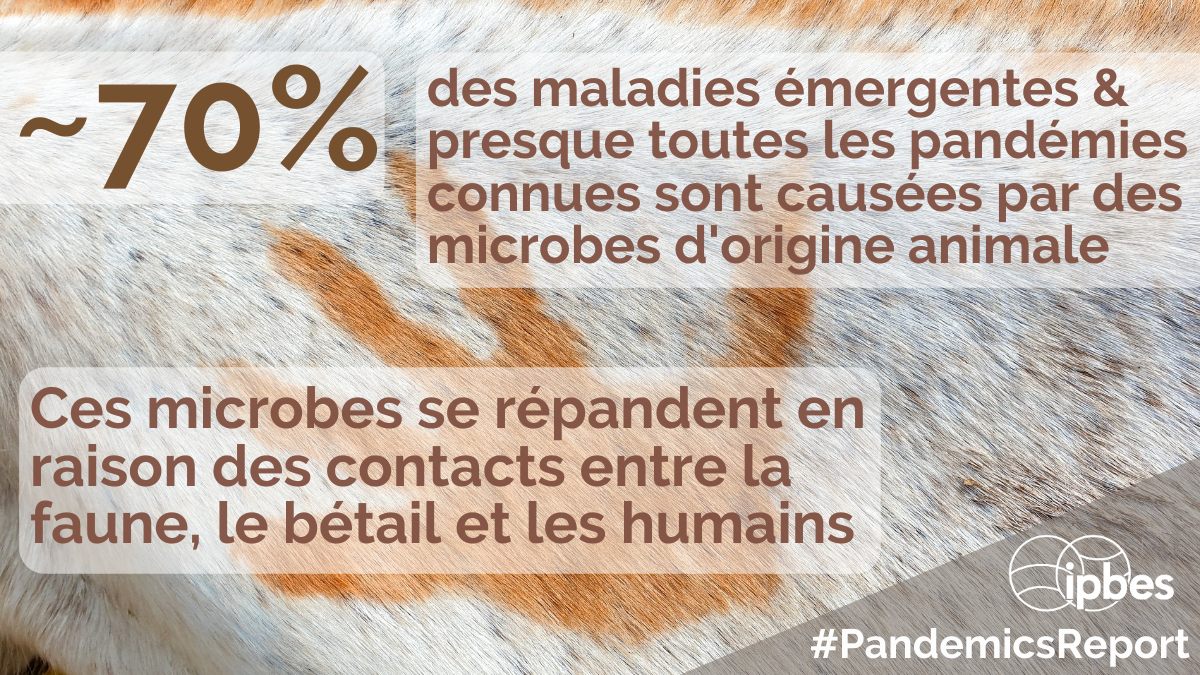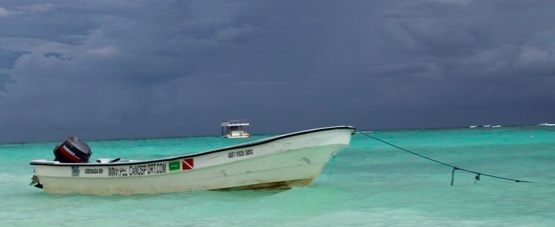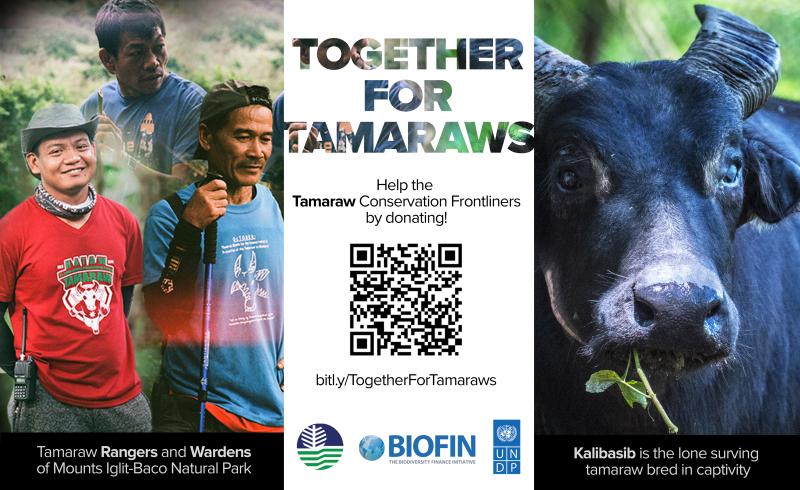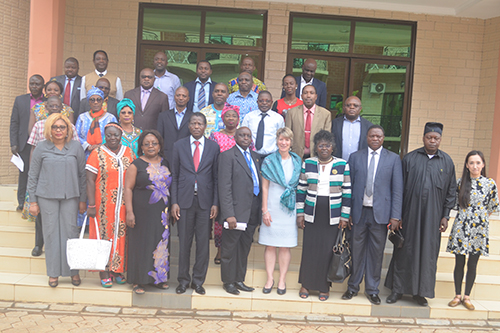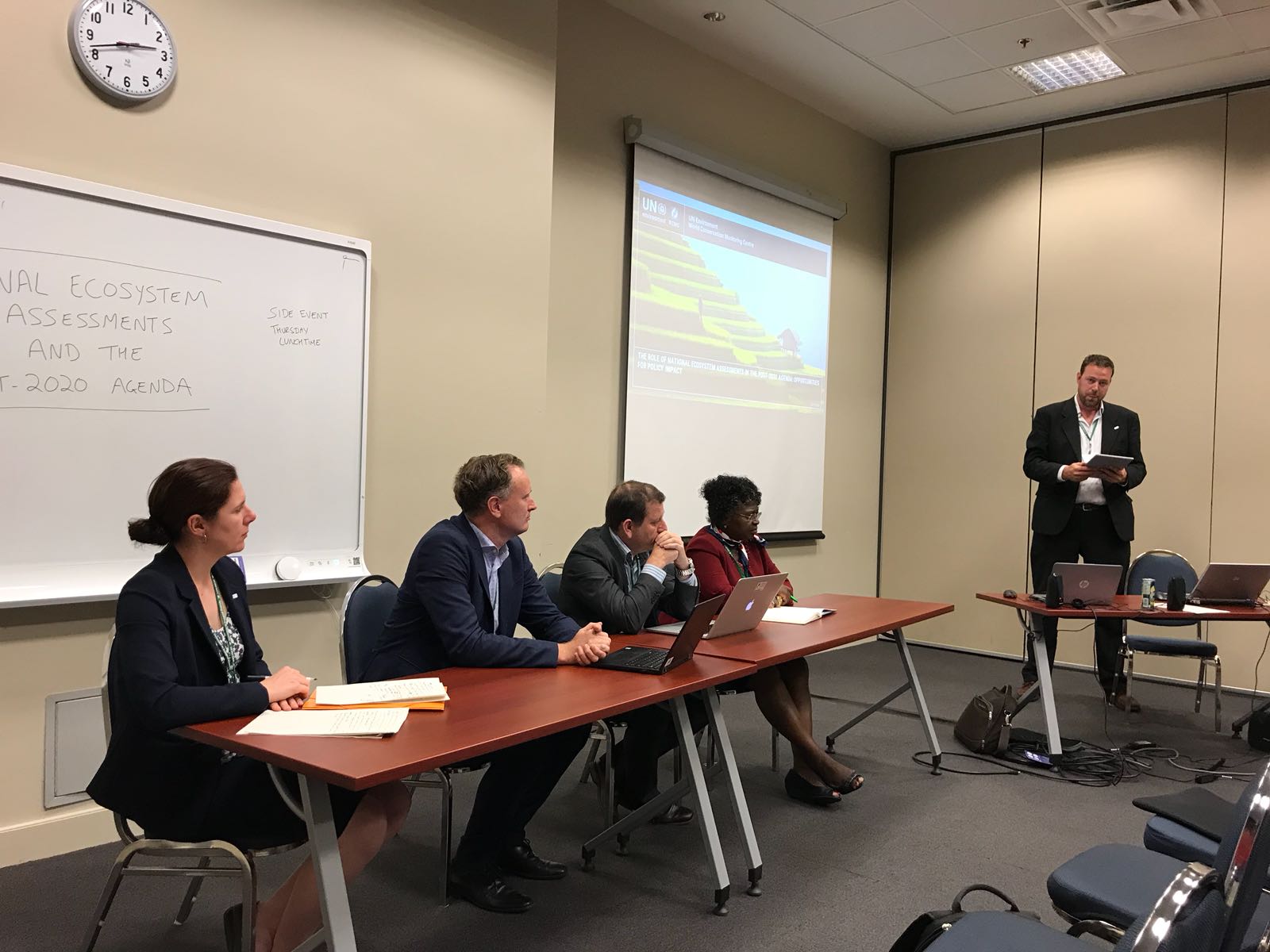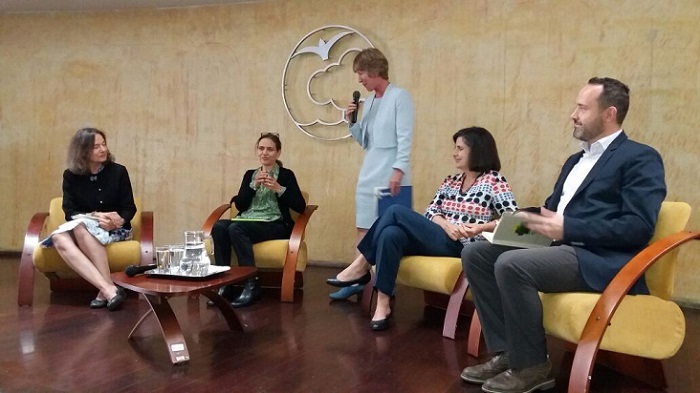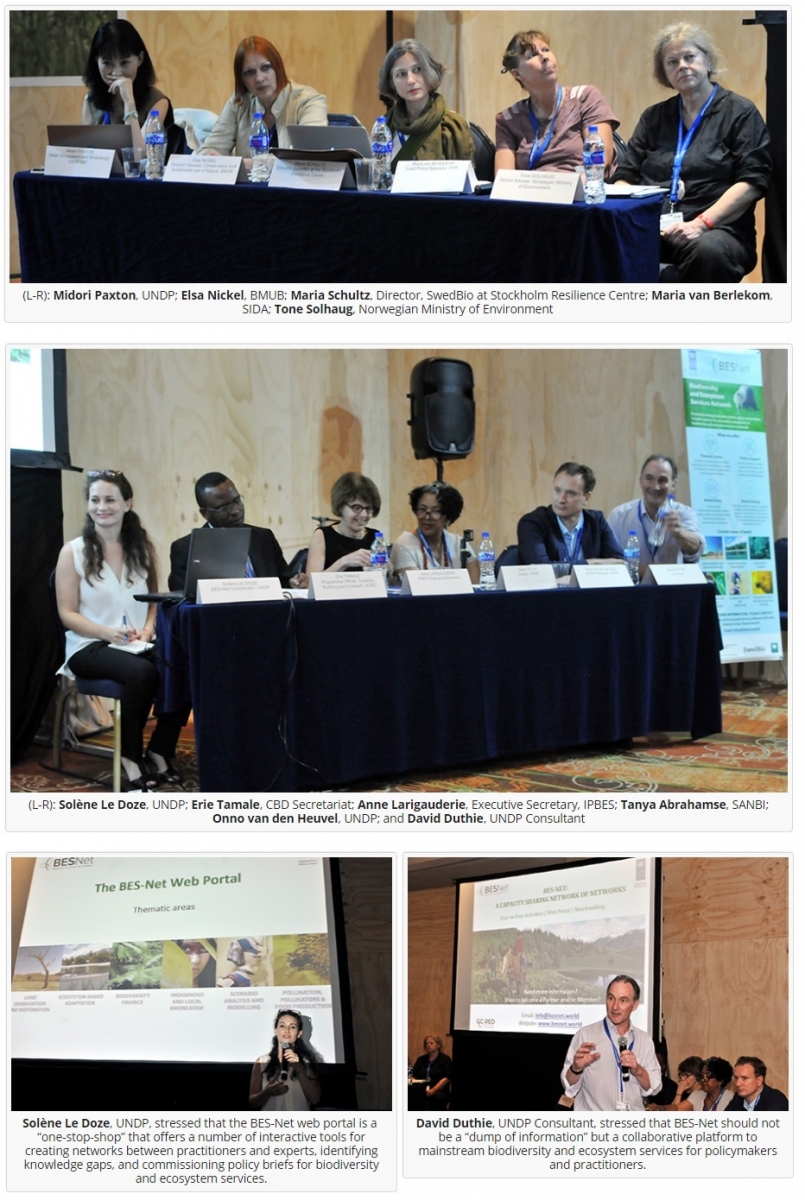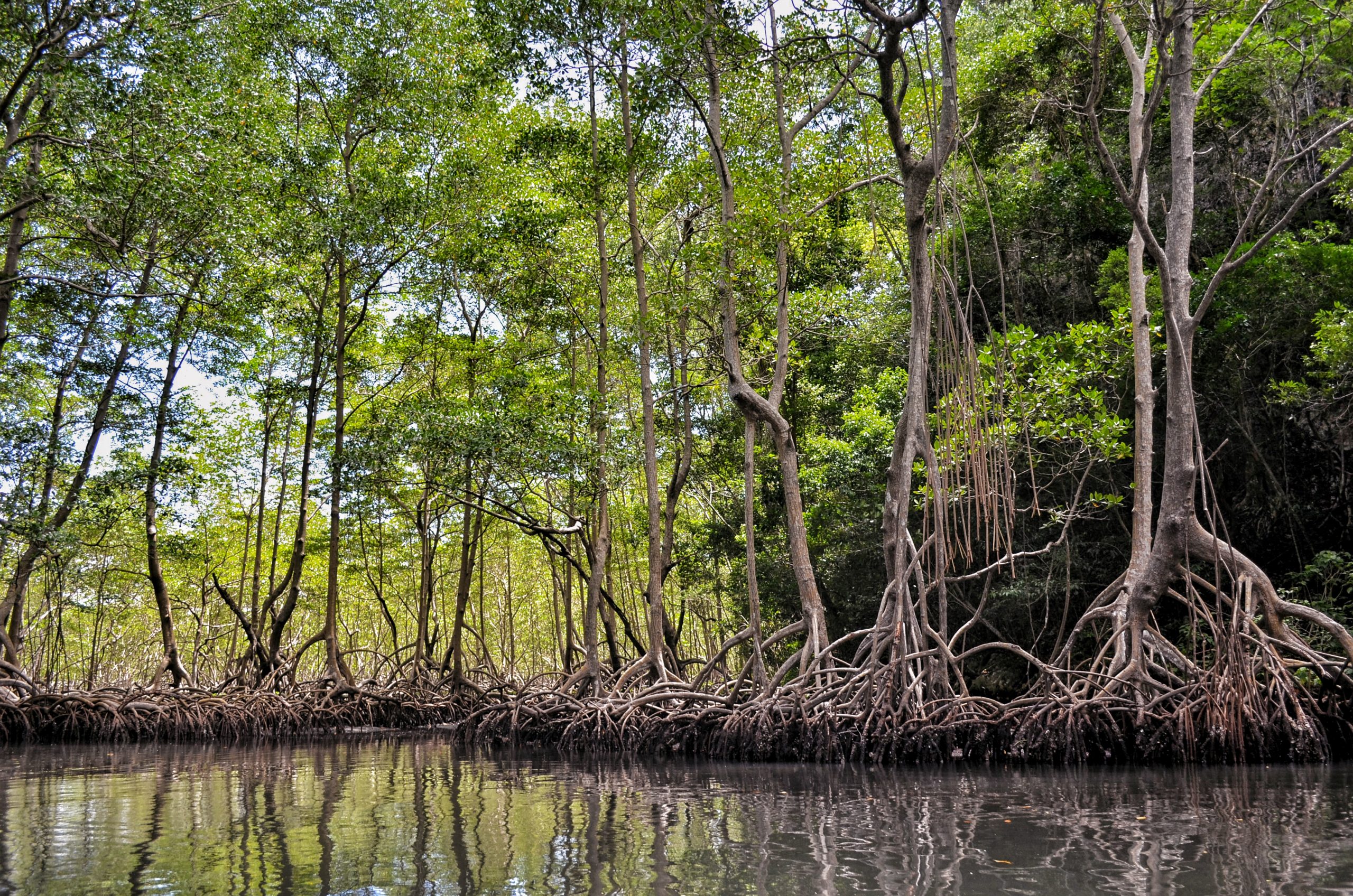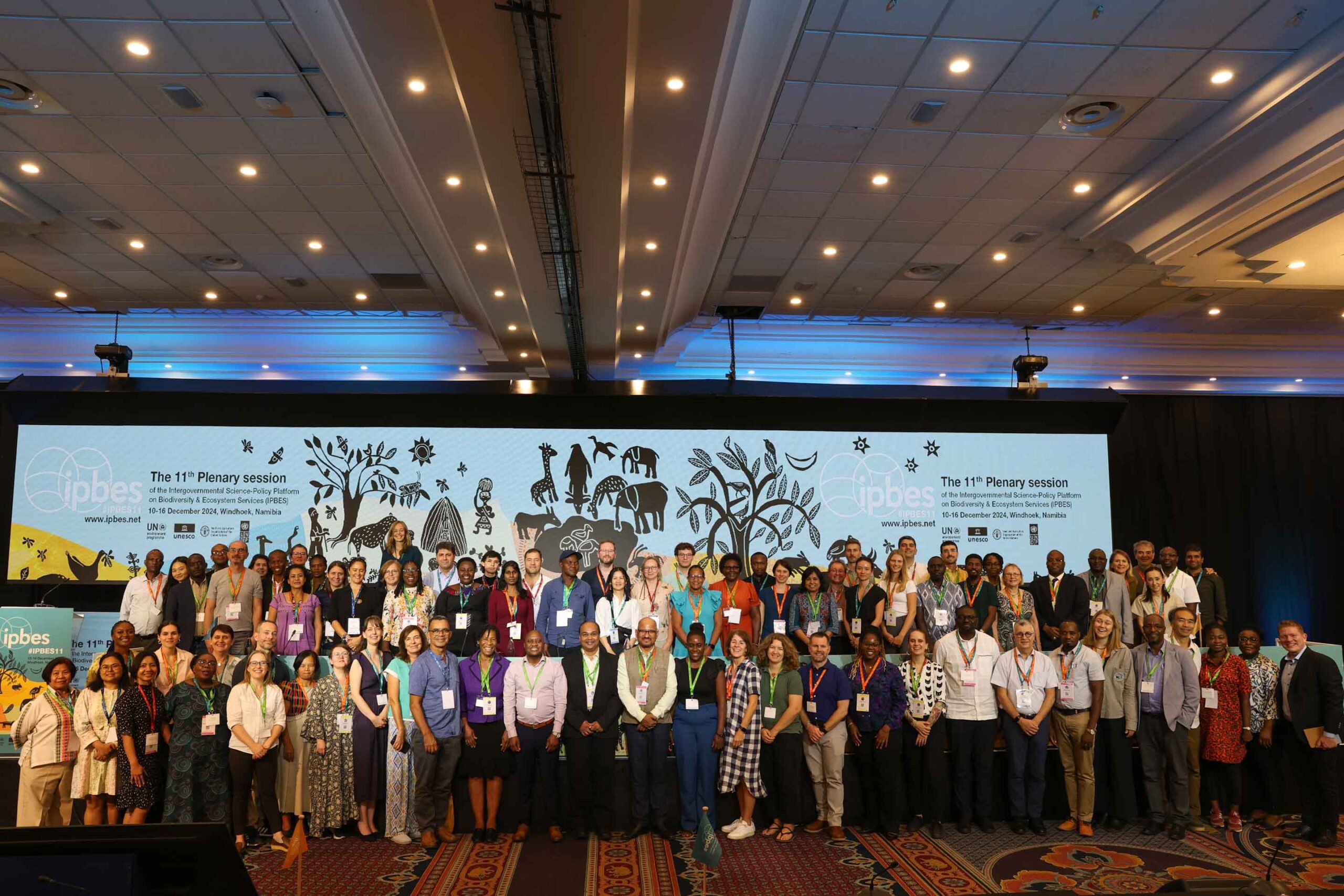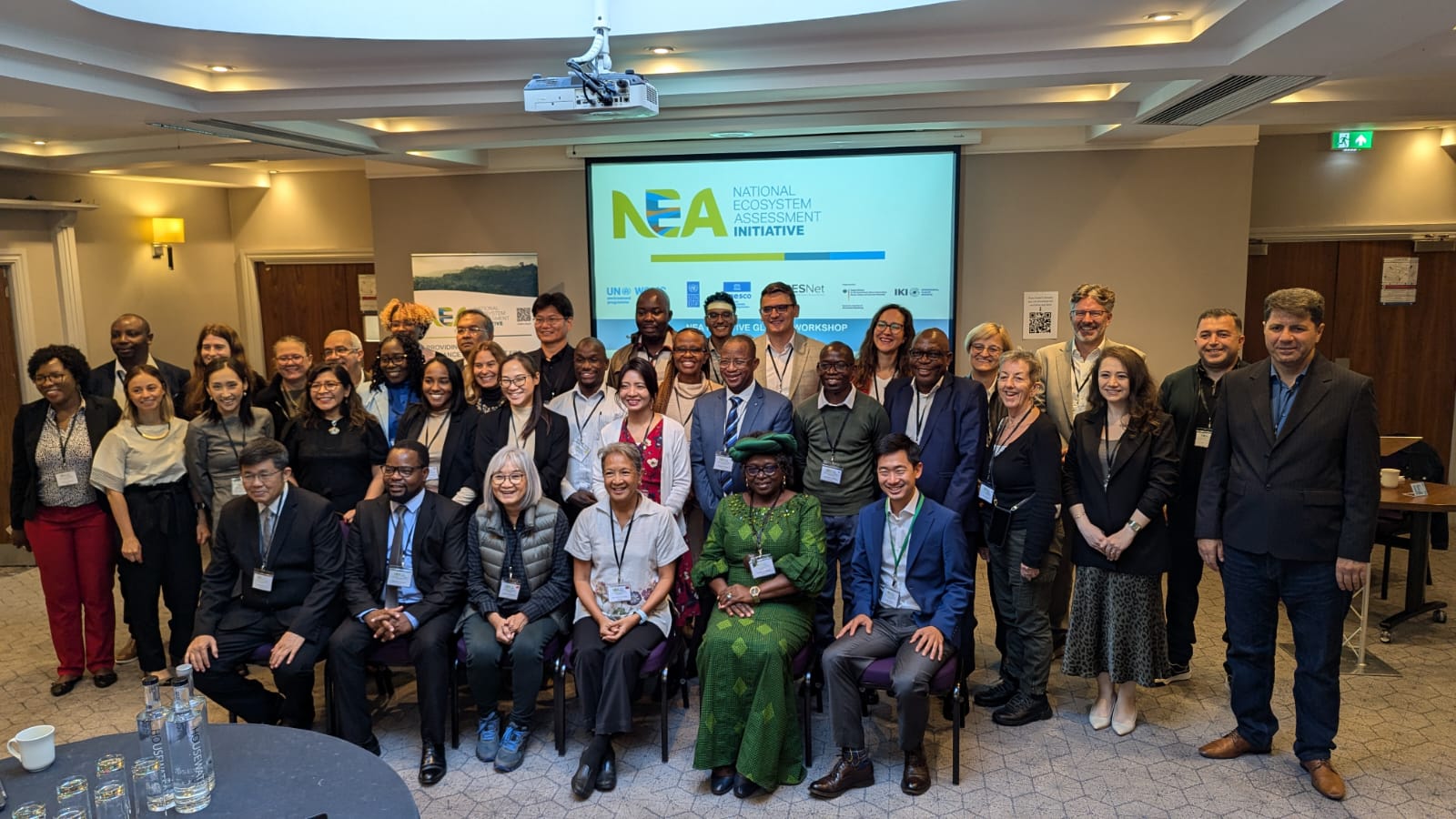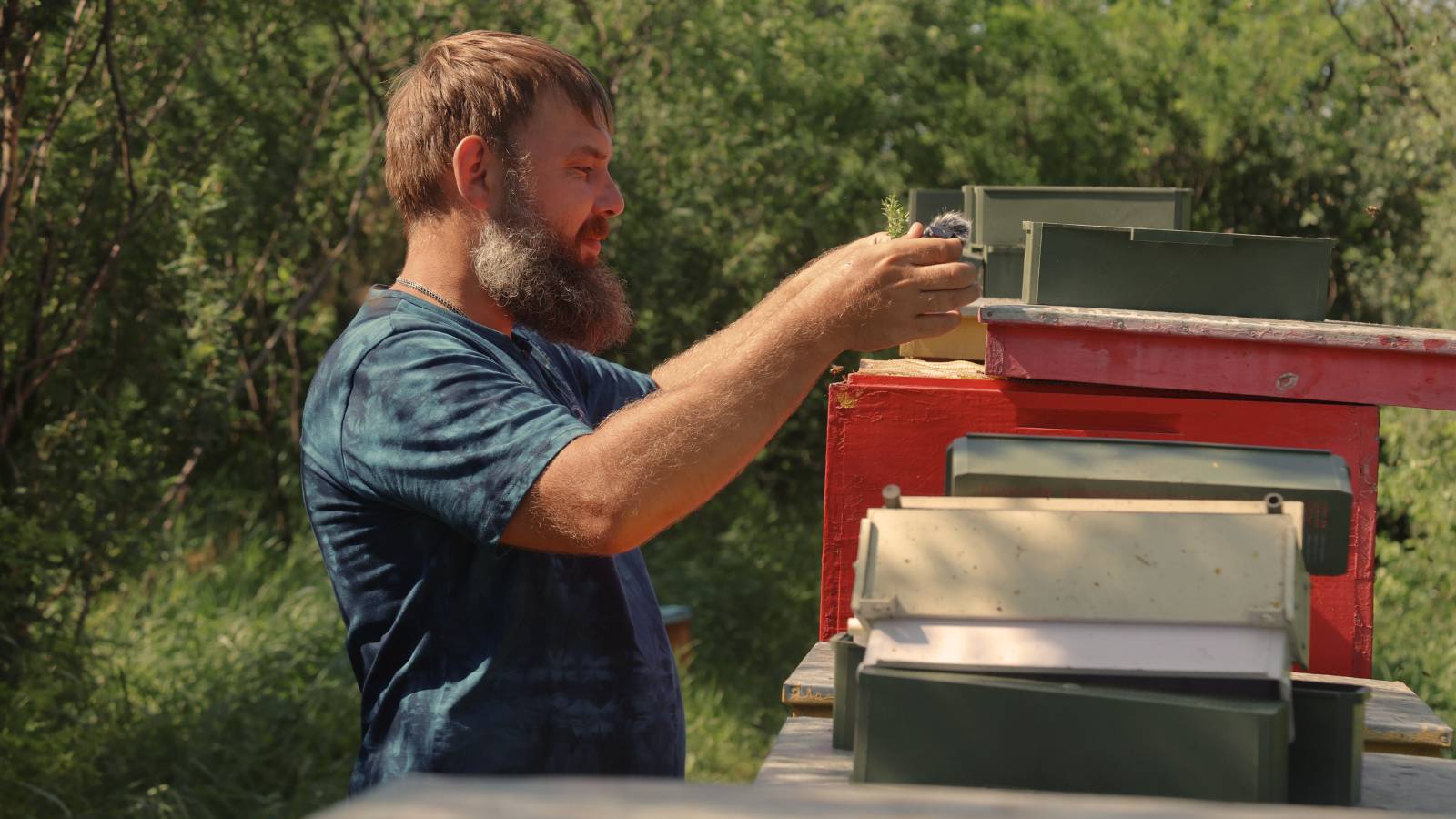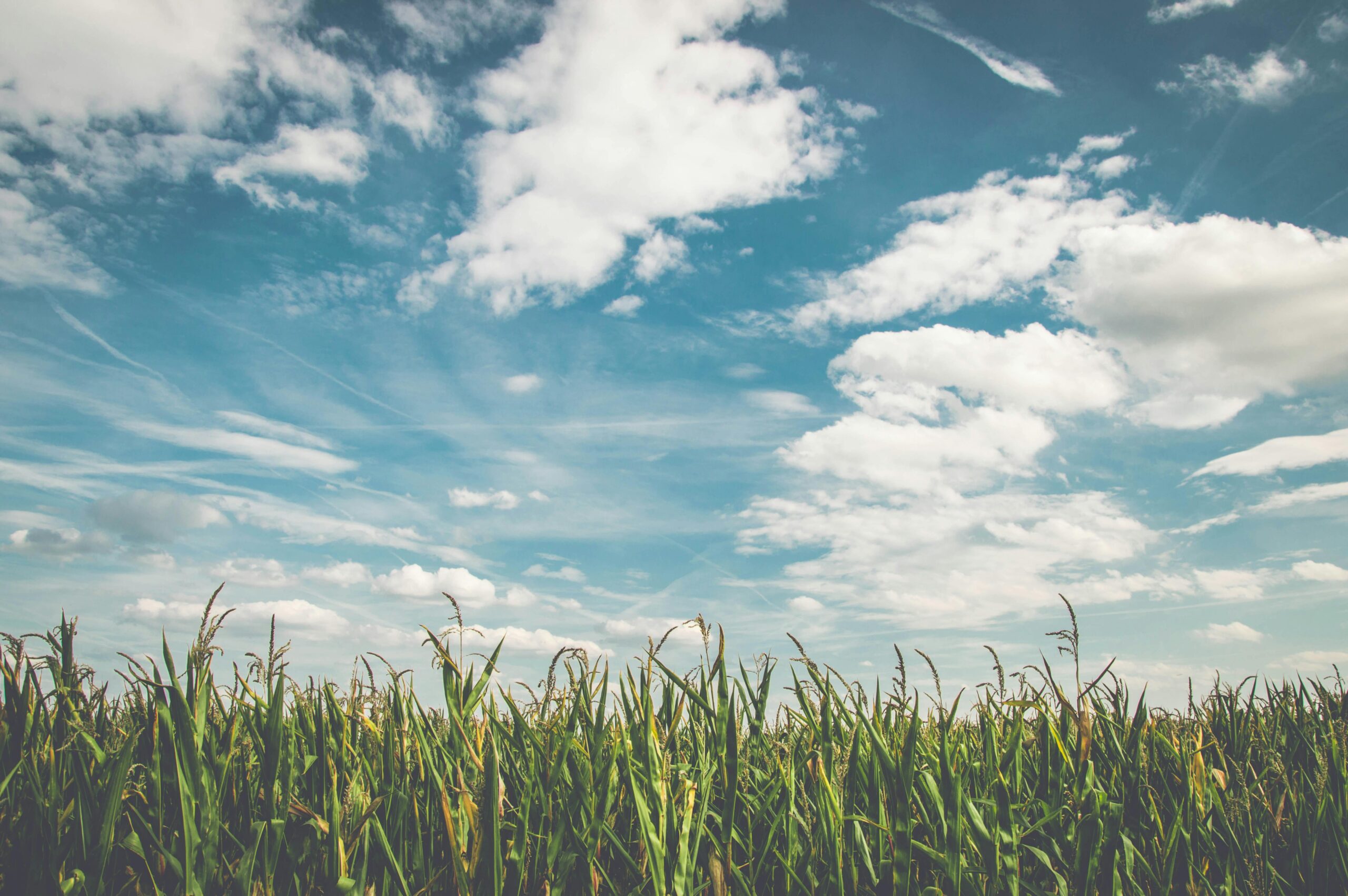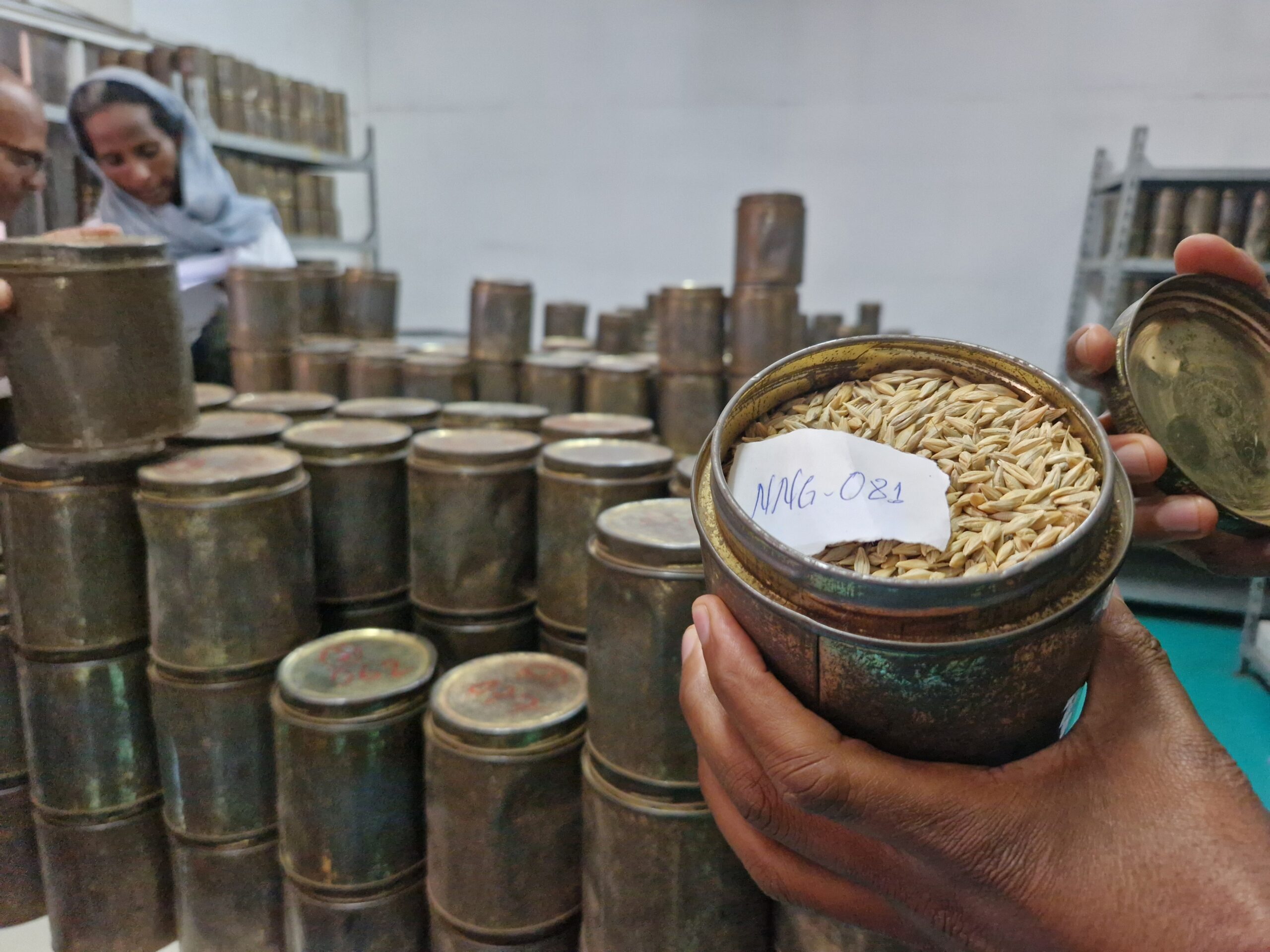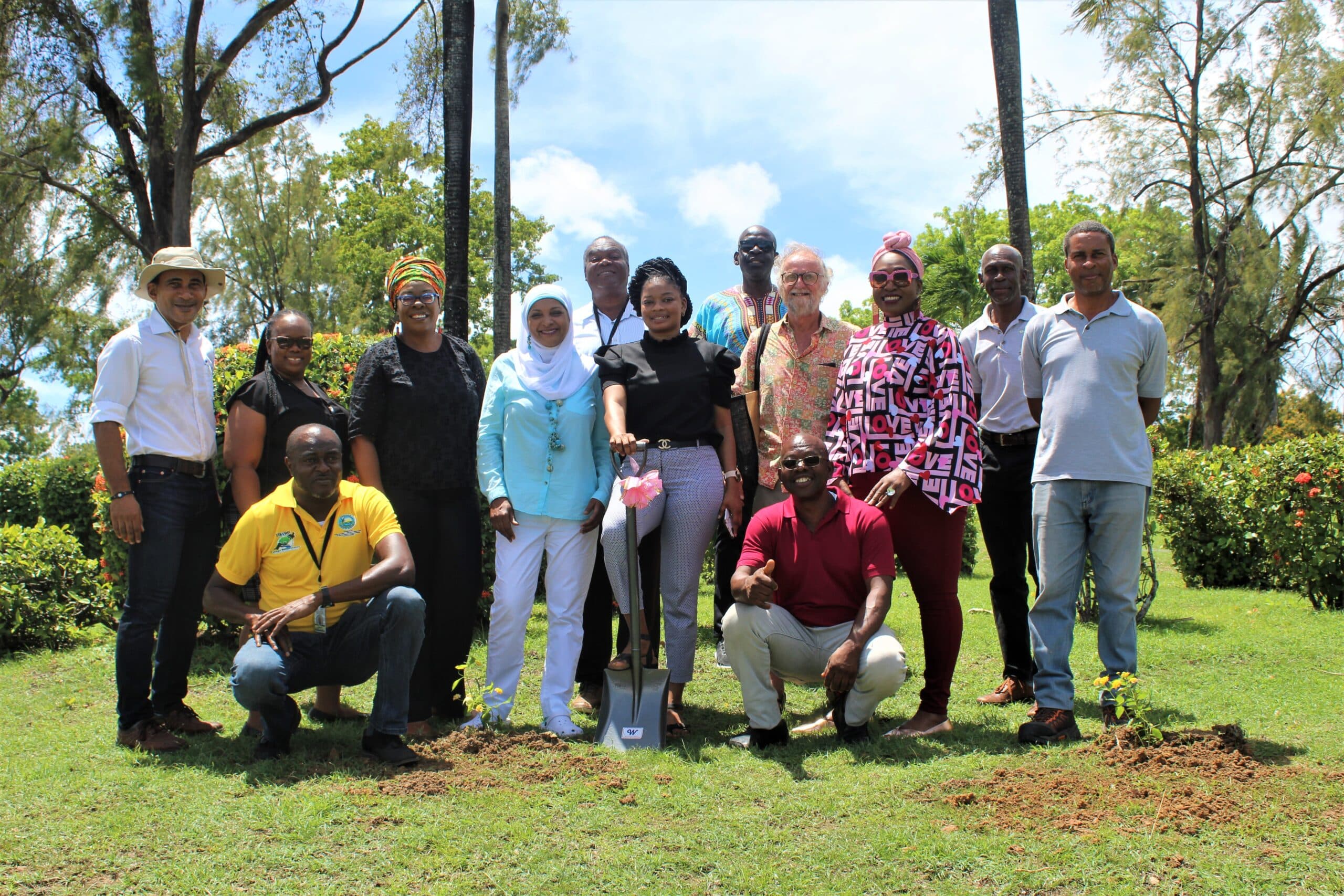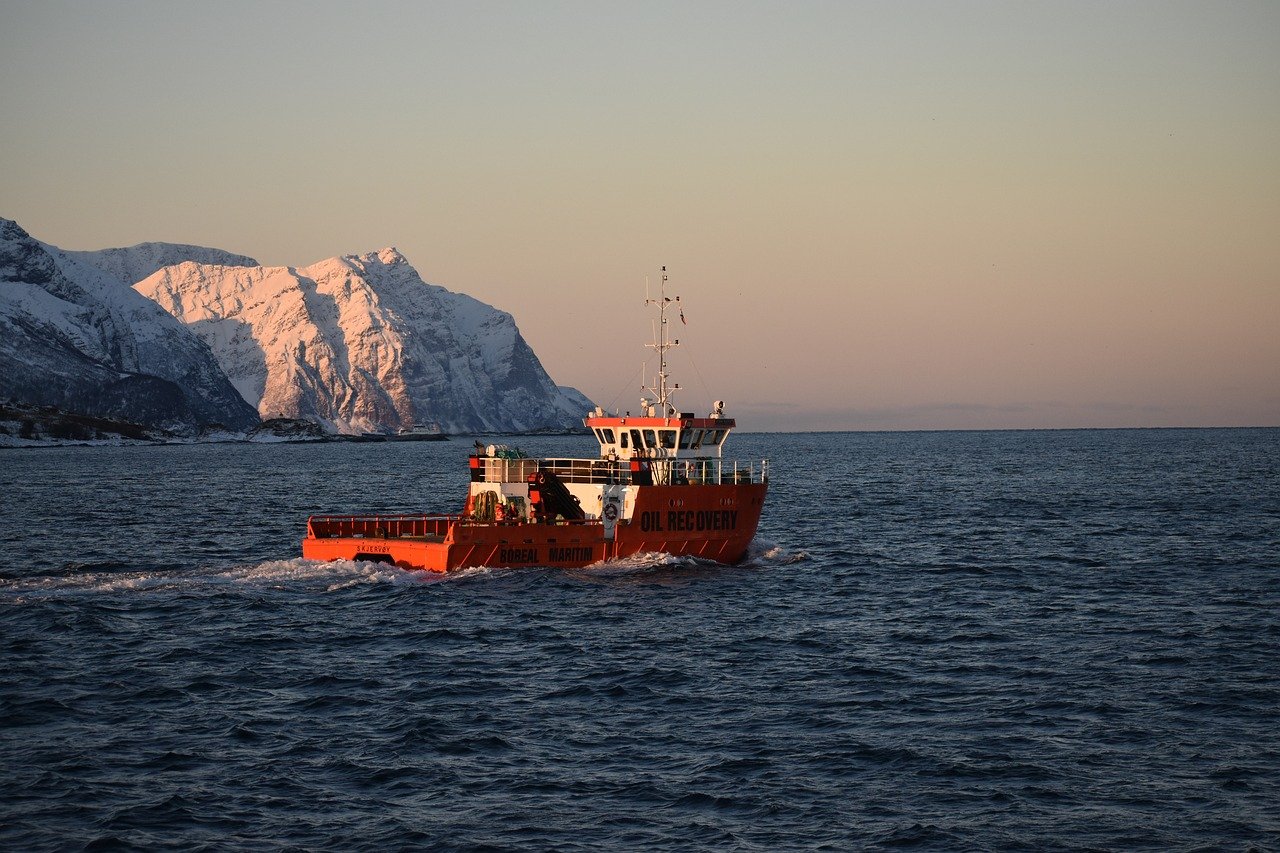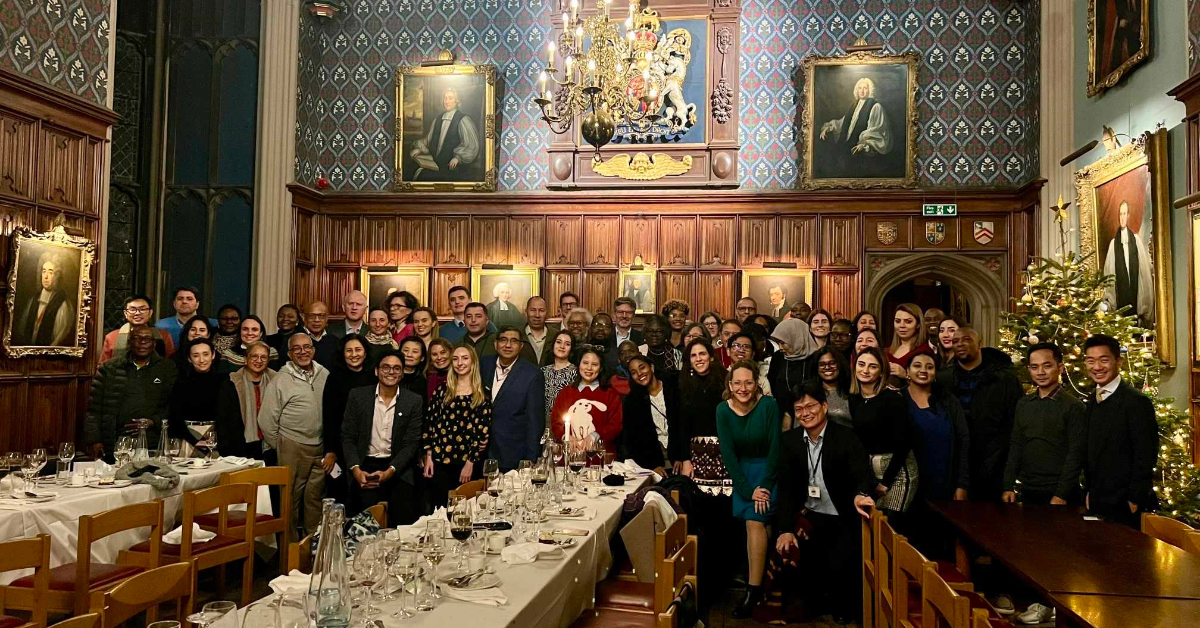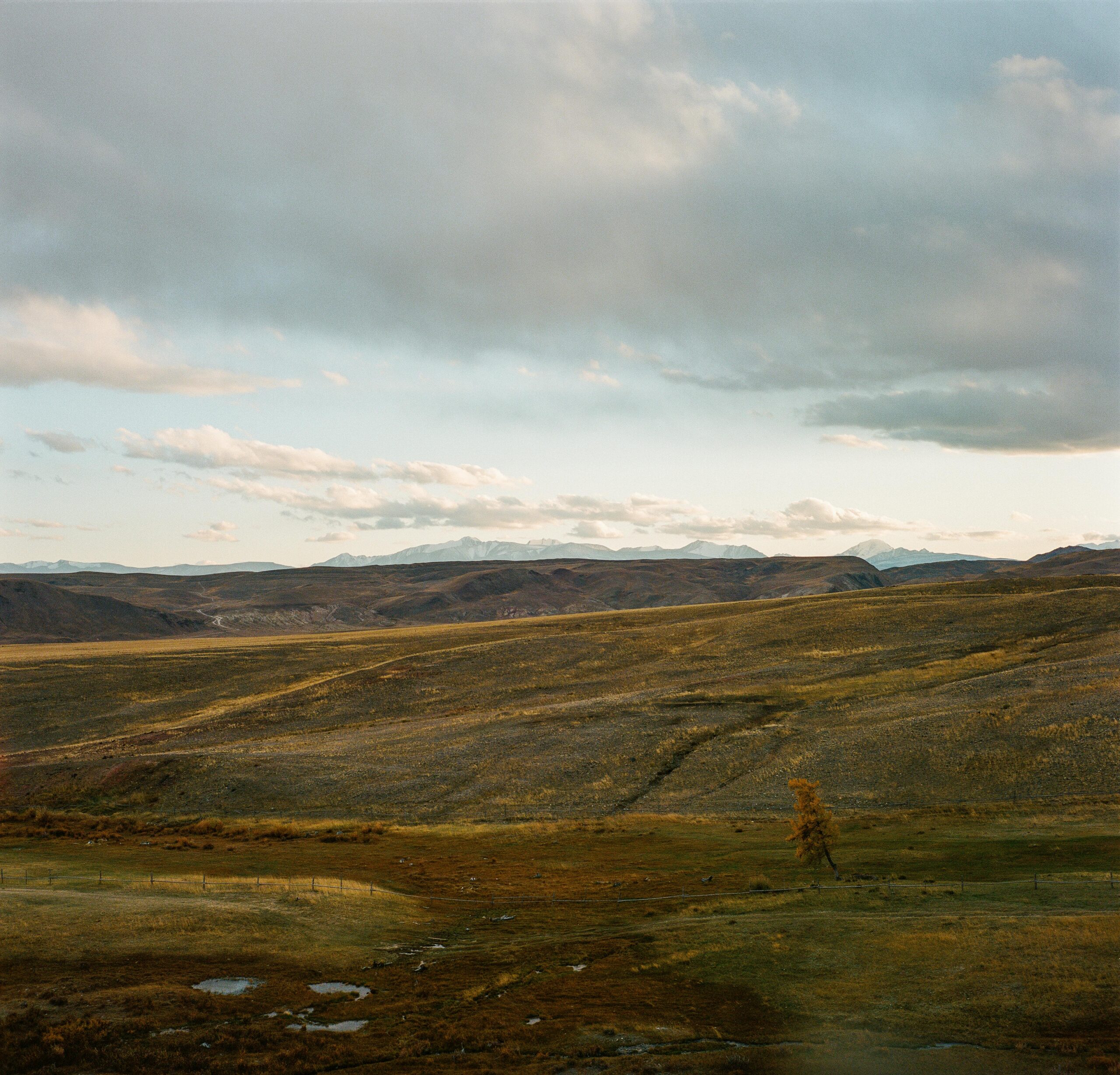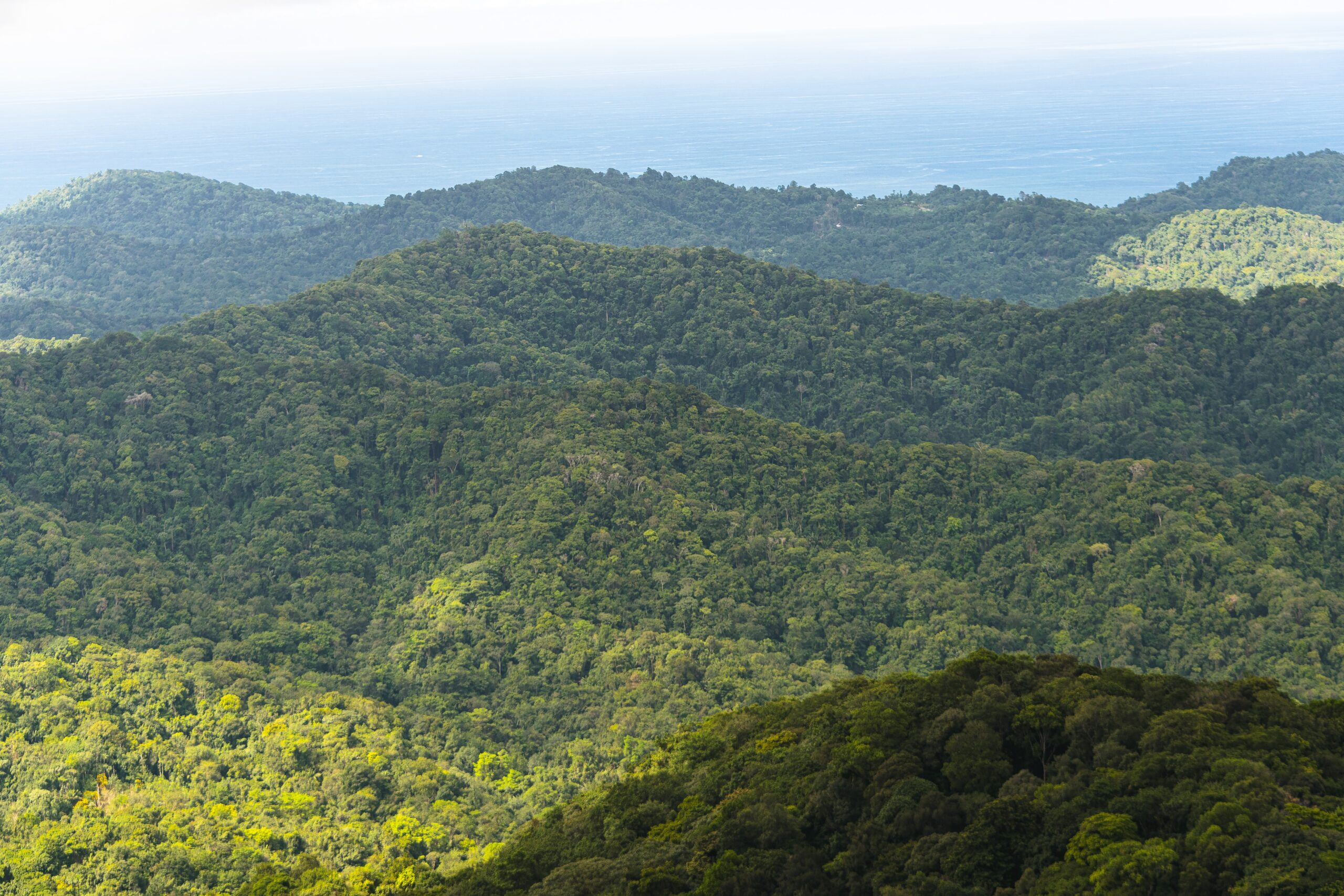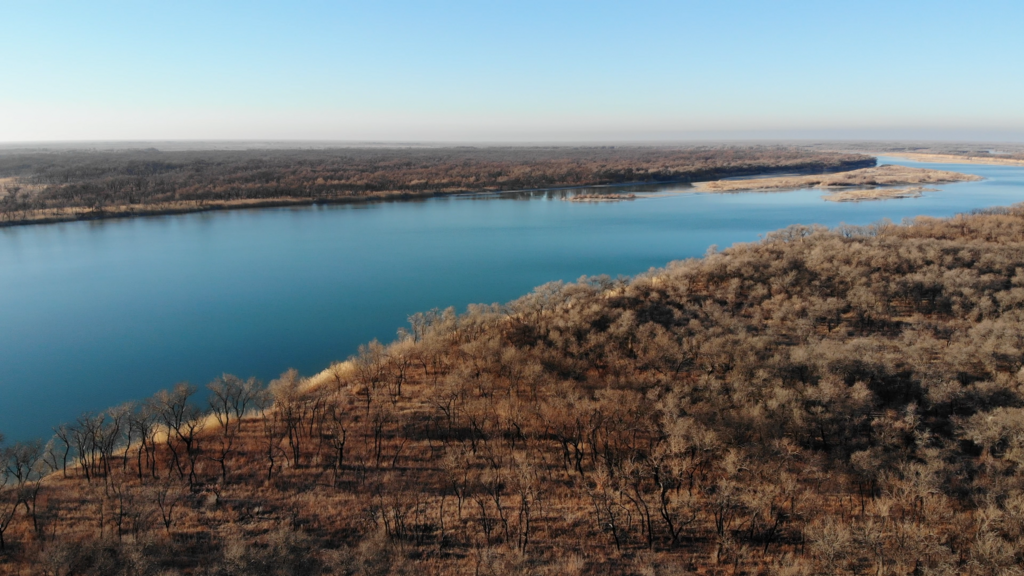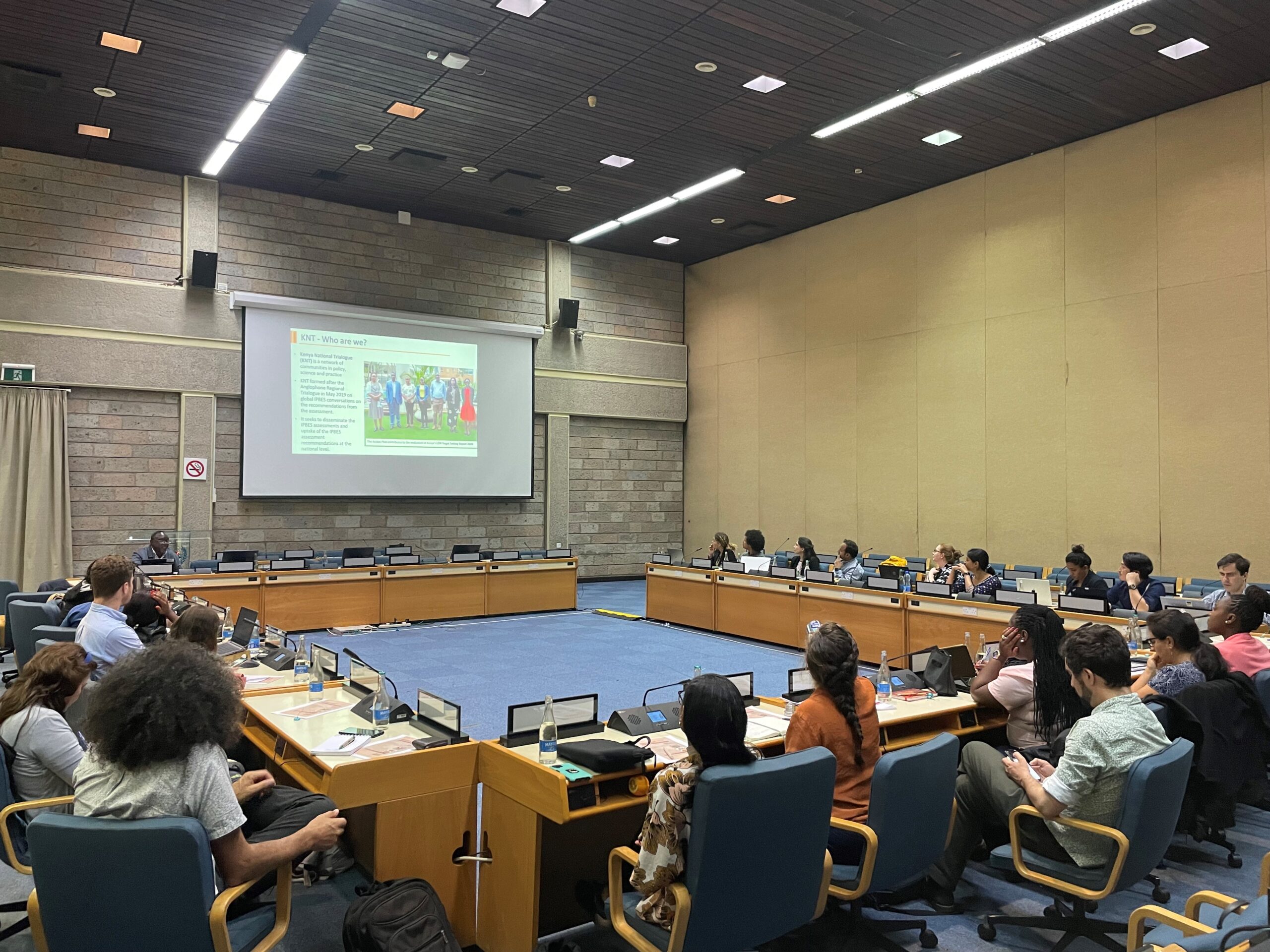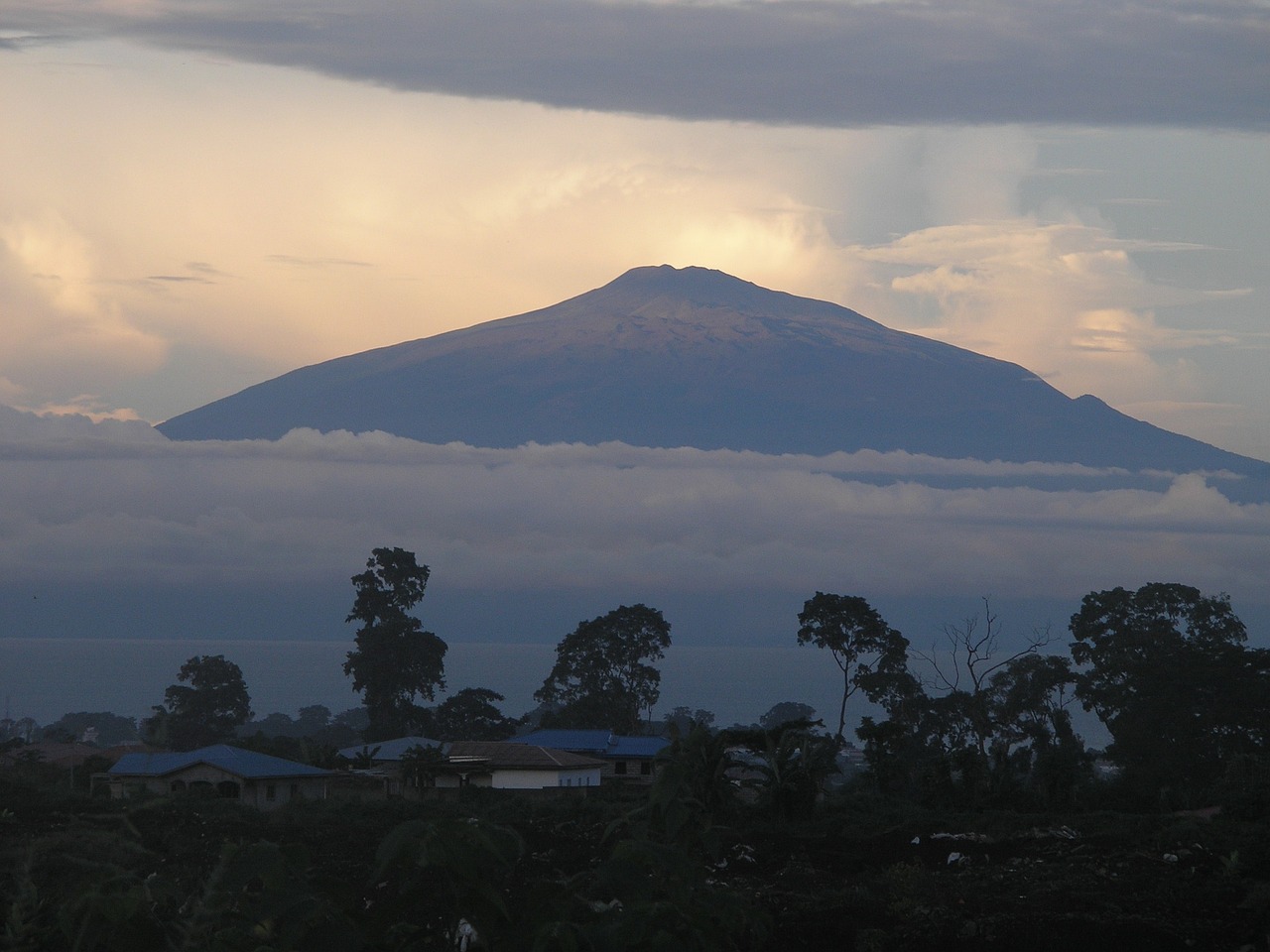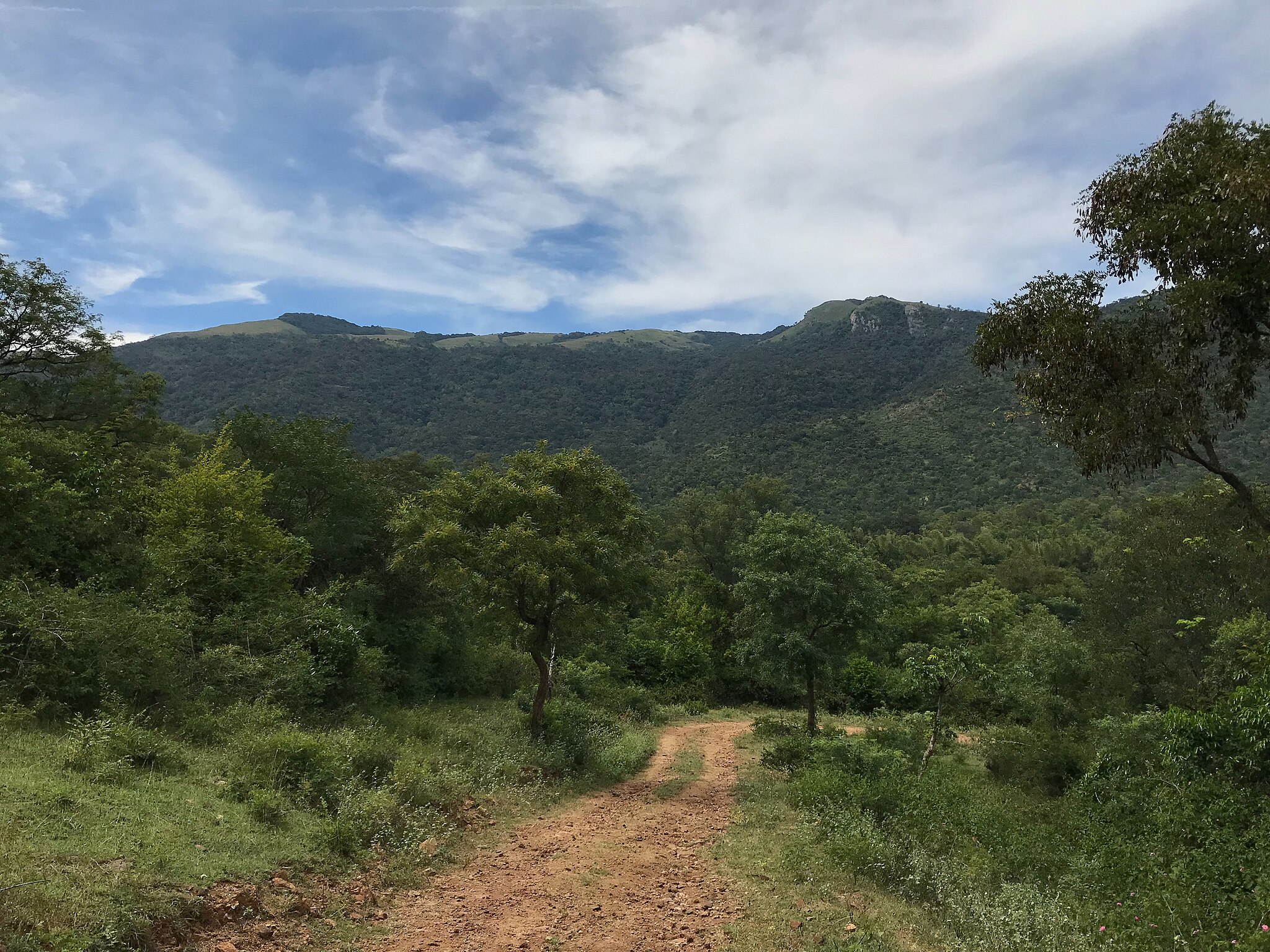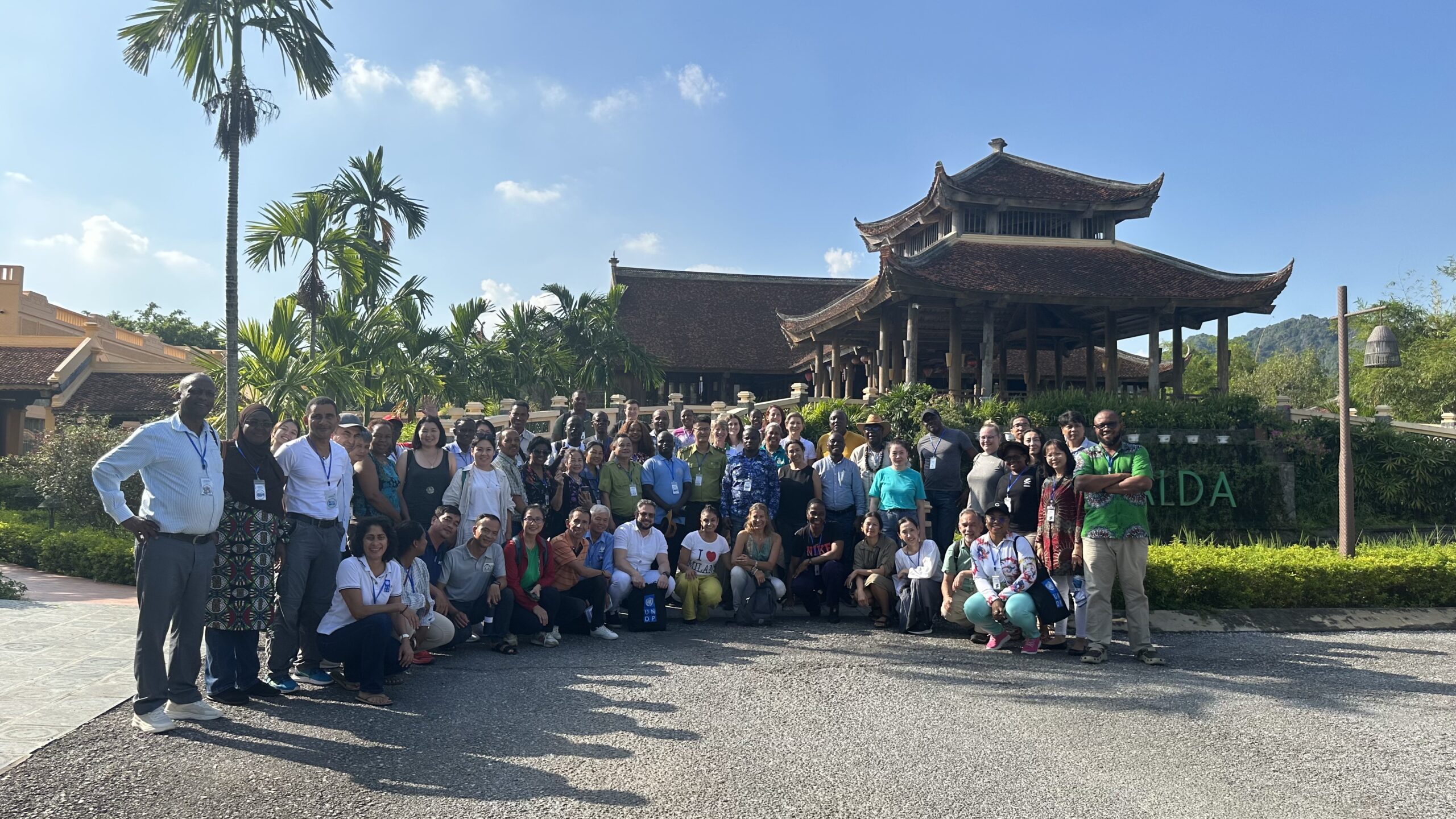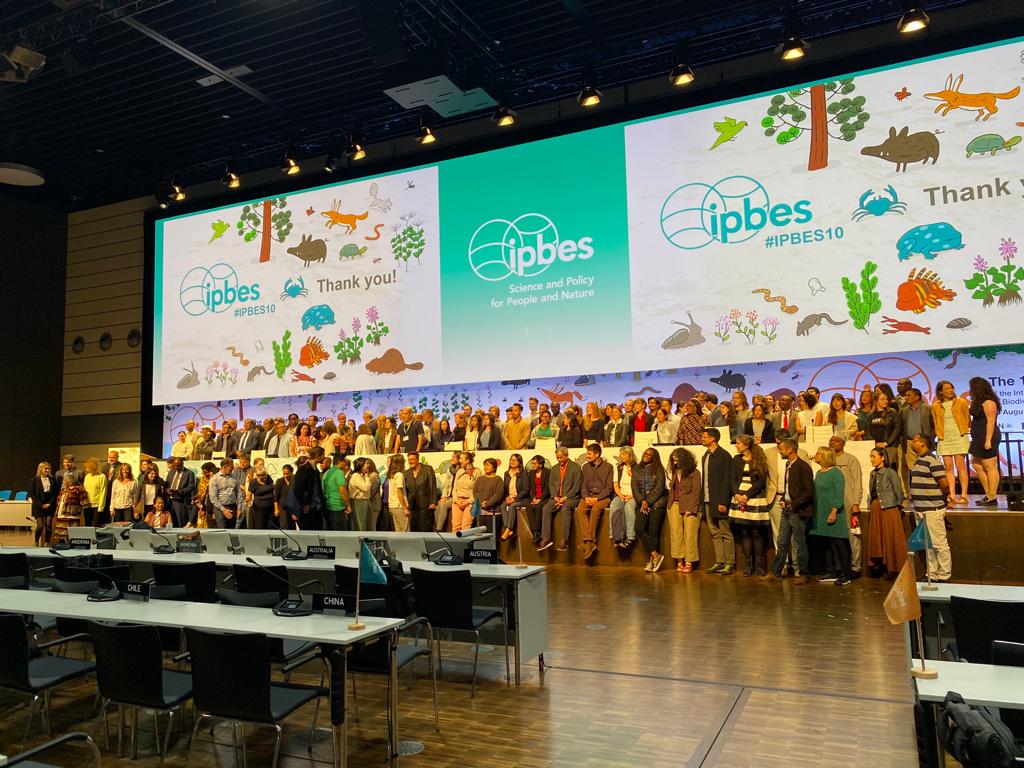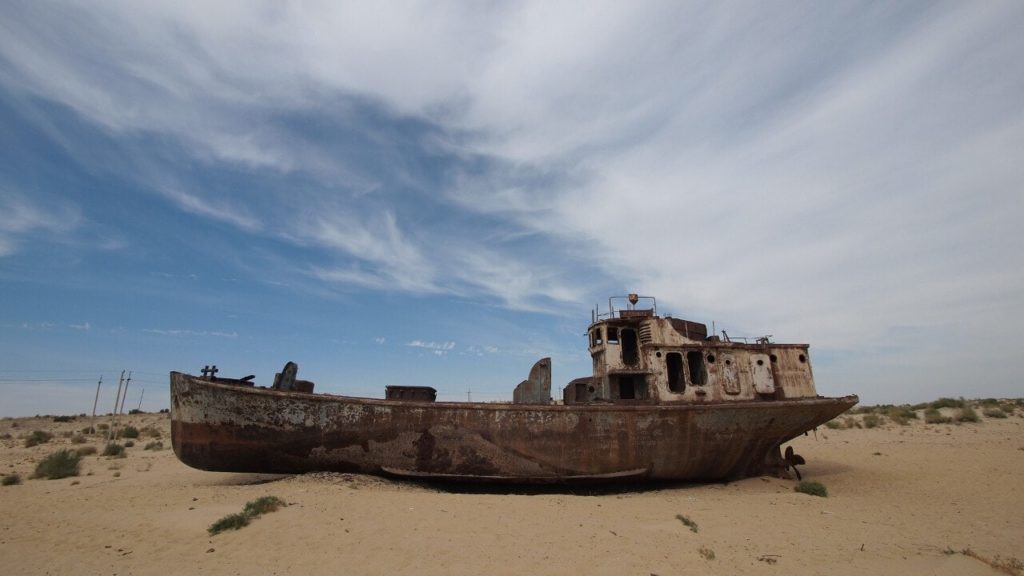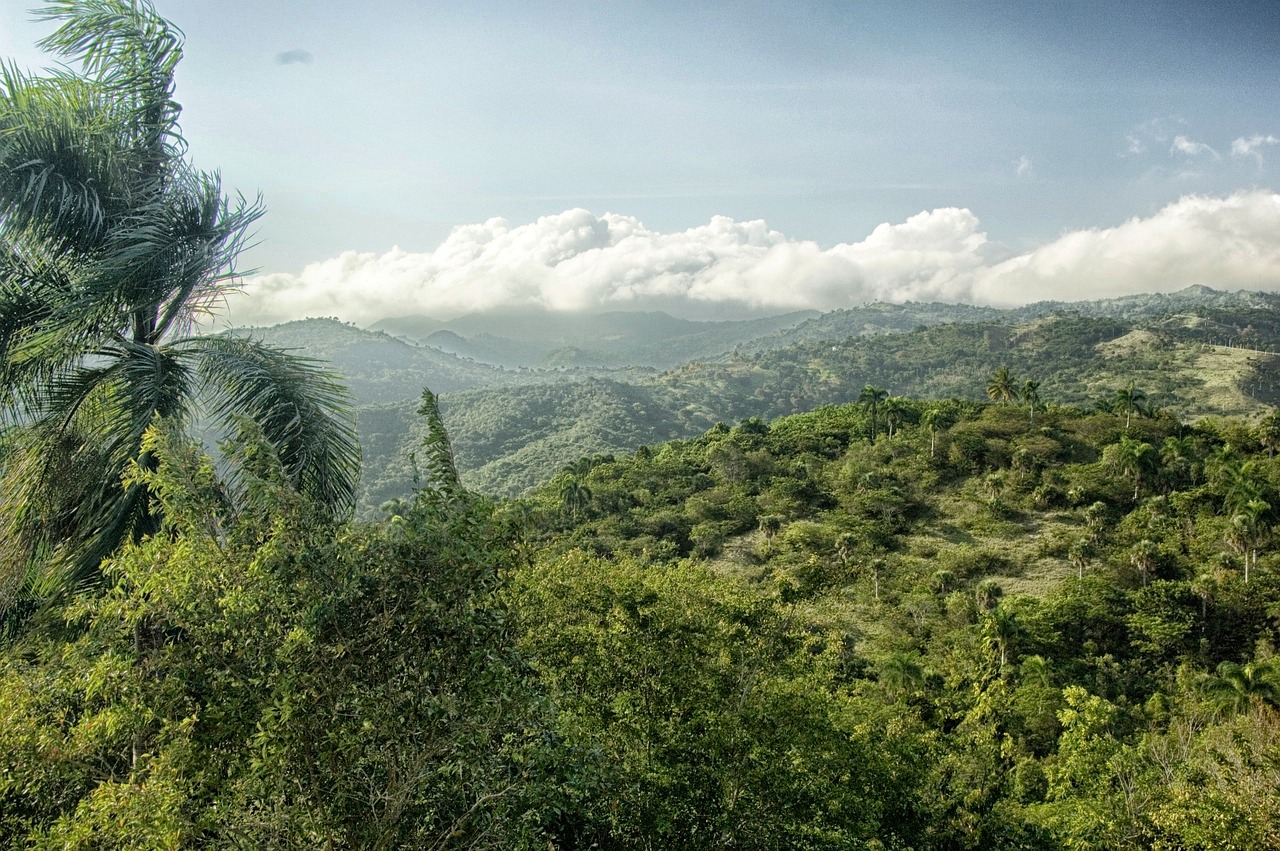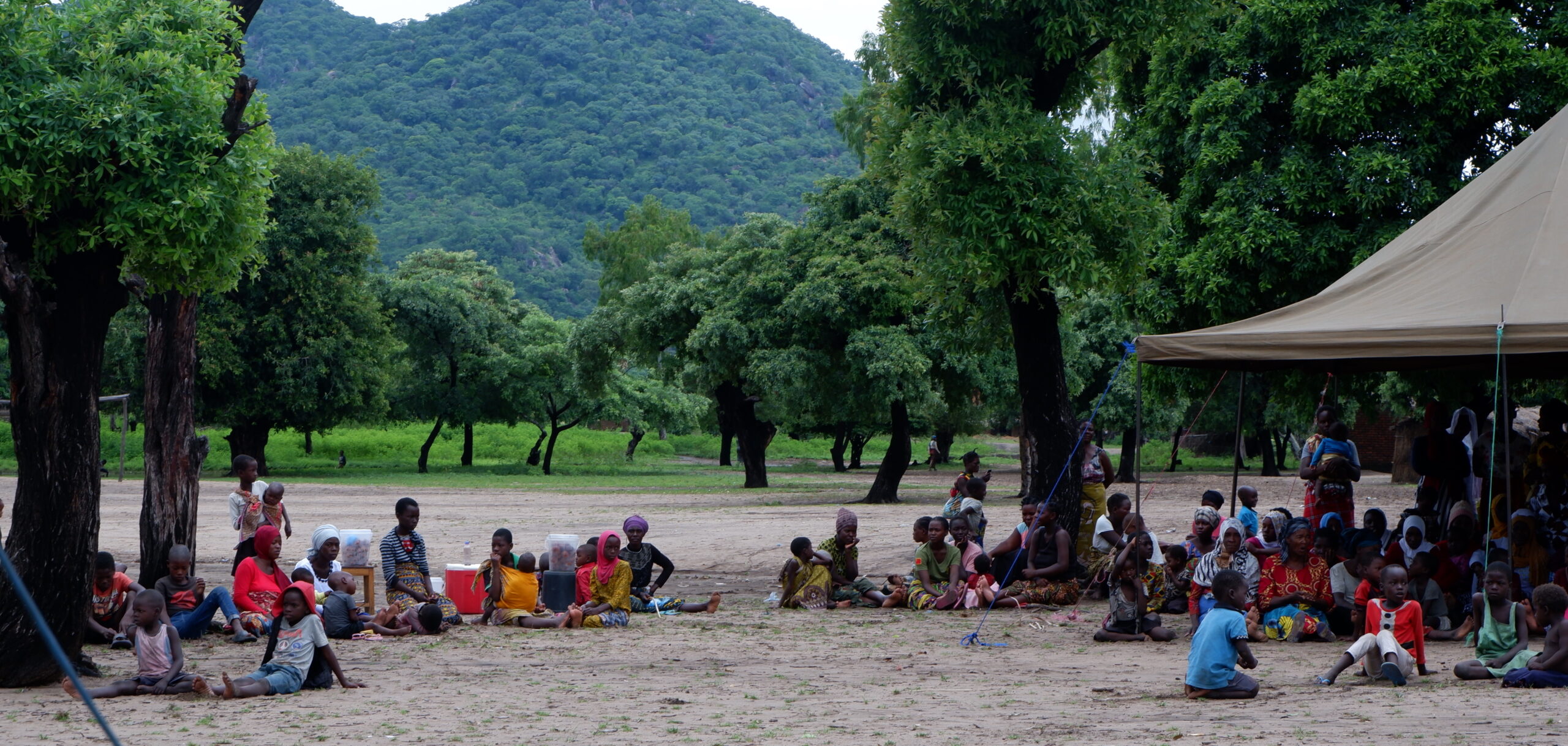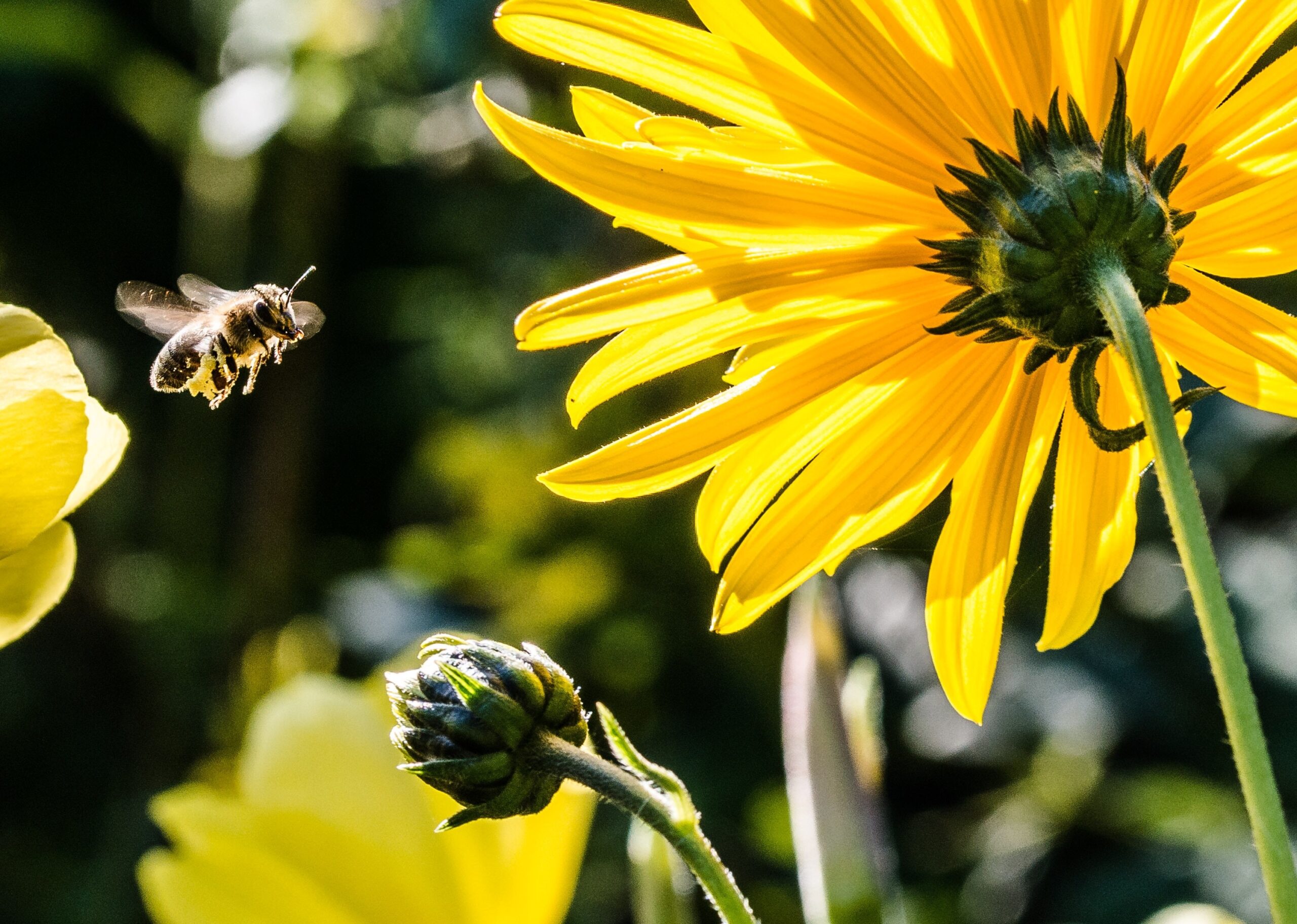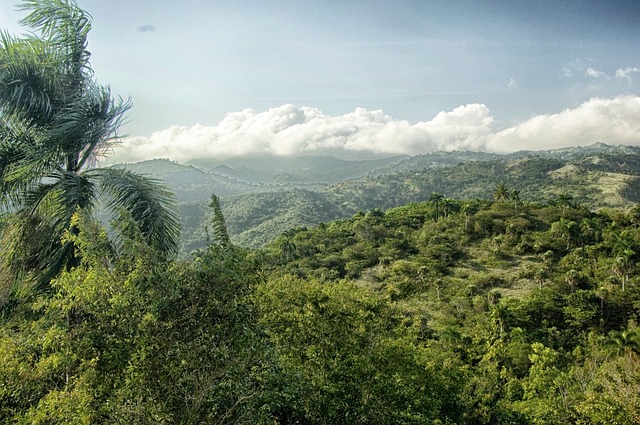Expert Corner: Nguyen Sy Linh on Seeding Local Action to Advance Policy and Research
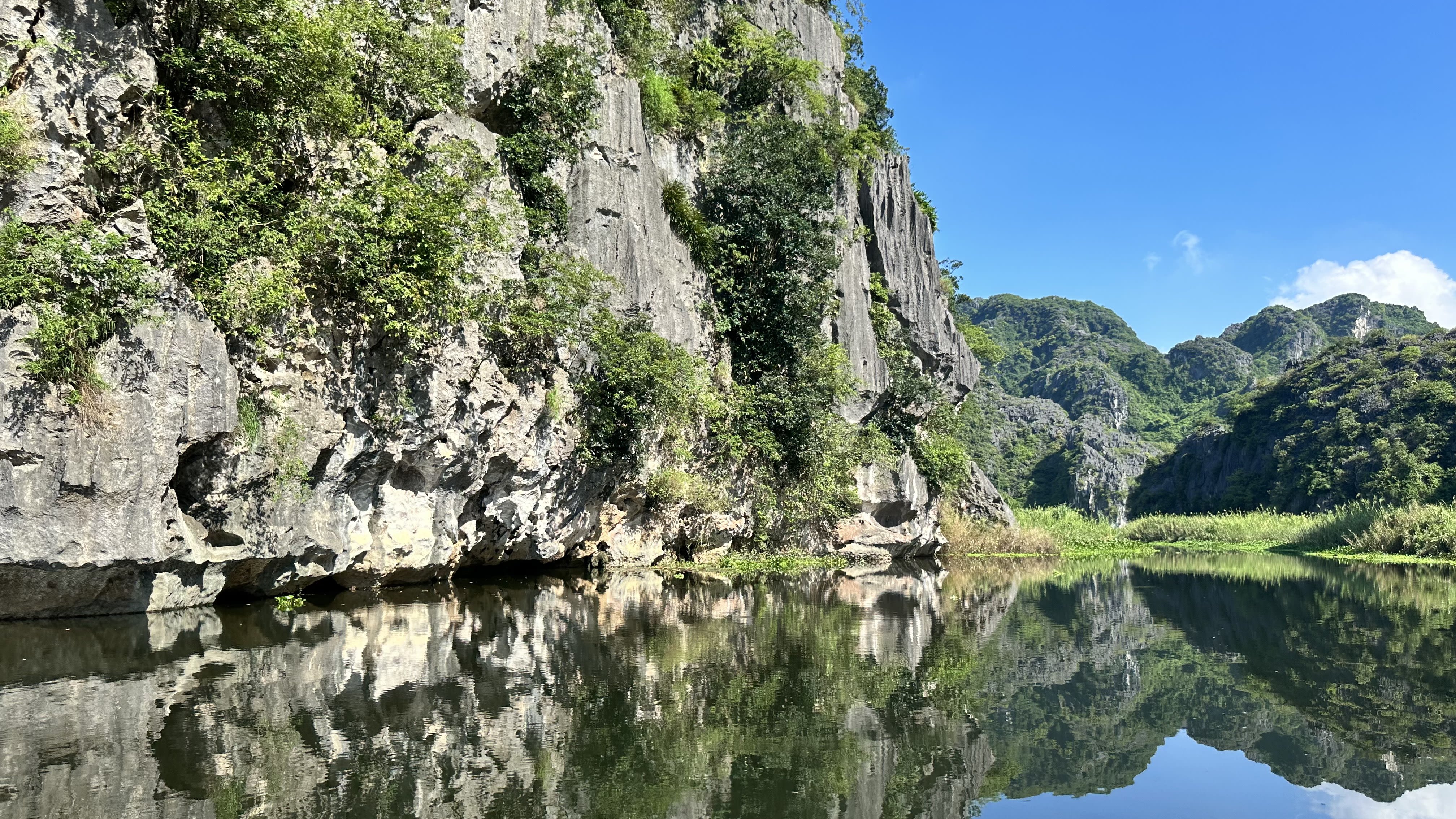
Photo courtesy of the BES-Net team
Photo courtesy of the BES-Net team

Nguyen Sy Linh, Head of the Department of Climate Change and Global Issues, Institute of Strategy and Policy on Natural Resources and Environment in Viet Nam
Nguyen Sy Linh, Head of the Department of Climate Change and Global Issues, Institute of Strategy and Policy on Natural Resources and Environment in Viet Nam

Nguyen Sy Linh, Head of the Department of Climate Change and Global Issues, Institute of Strategy and Policy on Natural Resources and Environment in Viet Nam
Nguyen Sy Linh, Head of the Department of Climate Change and Global Issues, Institute of Strategy and Policy on Natural Resources and Environment in Viet Nam
In this Expert Corner interview, we sit down with Nguyen Sy Linh, Head of the Department of Climate Change and Global Issues, Institute of Strategy and Policy on Natural Resources and Environment in Viet Nam. This interview is part of our special coverage of the BES Solution Fund Trialogue, held in Hanoi from 4 to 6 October 2023.
How does the BES Solution Fund contribute to addressing global biodiversity challenges?
I believe that, with the fund from BES-Net fund, it can be the seedling to support the action at the local level. And action here is not only for the people living in the typical ecosystem, but the fund can also help the policymaker understand better the benefits and the role of the ecosystem in the local livelihoods as well as support researchers to better understand the value of the ecosystem, typical ecosystem. Because, currently, we know very little about ecosystems, and I mentioned at the beginning we only know little. So, I think more research, more studies, should be focused. For example the wetlands, we only know about the value of the wetlands to water regulation and maybe to the habitat of fish and aquaculture species. But I believe that the wetland ecosystem also has another benefit, for example, to keep the CO2 inside a little bit.
Can you share some successes from phase I of the BES Solution Fund project in Viet Nam that have led to the recommendation of focusing more on protecting the wetland ecosystem services?
I believe that the BES-Net fund supported Viet Nam, especially in conducting the national ecosystem assessment. I think that it carried out research to bring different stakeholders into the assessment process. The activity has been completed, but I believe that the report of the national ecosystem assessment can be very useful. We normally call it an entry point to make people realize the role and the importance of ecosystems. So, we need to pay more attention to protecting, maintaining and enhancing ecosystem services, not only wetlands. But we also have forests and we have a culture of ecosystems; the marine ecosystem is a really important one and I mentioned that we still know a little bit about the role and the value of the services that the ecosystem can provide to the people and to the country but also contribute to, not only inside the country but outside the country.
Can you share with us some examples of successful activities in Viet Nam that have left a significant impact on the restoration and preservation of biodiversity?
One of the recommendations is to formulate a platform to view the database to carry out the ecosystem valuation study and so on to make people know more about the value of the ecosystem and also to pay more attention to the role of the ecosystem for livelihood and also to reduce the impact of climate change and so on. Another example I believe that we have been doing is forest replantation in the northern part of Viet Nam.
How do you think we should be managing conservation while also making sure that it doesn't cause more harm towards the fight against climate change and pollution?
I think that we can actively promote biodiversity conservation by using the value of biodiversity to reduce the impact of climate change. And biodiversity – especially forests and mangrove forests as well as wetlands – also helps to capture carbon dioxide to reduce the level of concentration of greenhouse gases in the atmosphere. It contributes to reducing climate change and keeping the objective set out by UNFCCC to keep the increase of temperature by the 21st century by less than 1.5°C.
Image captions
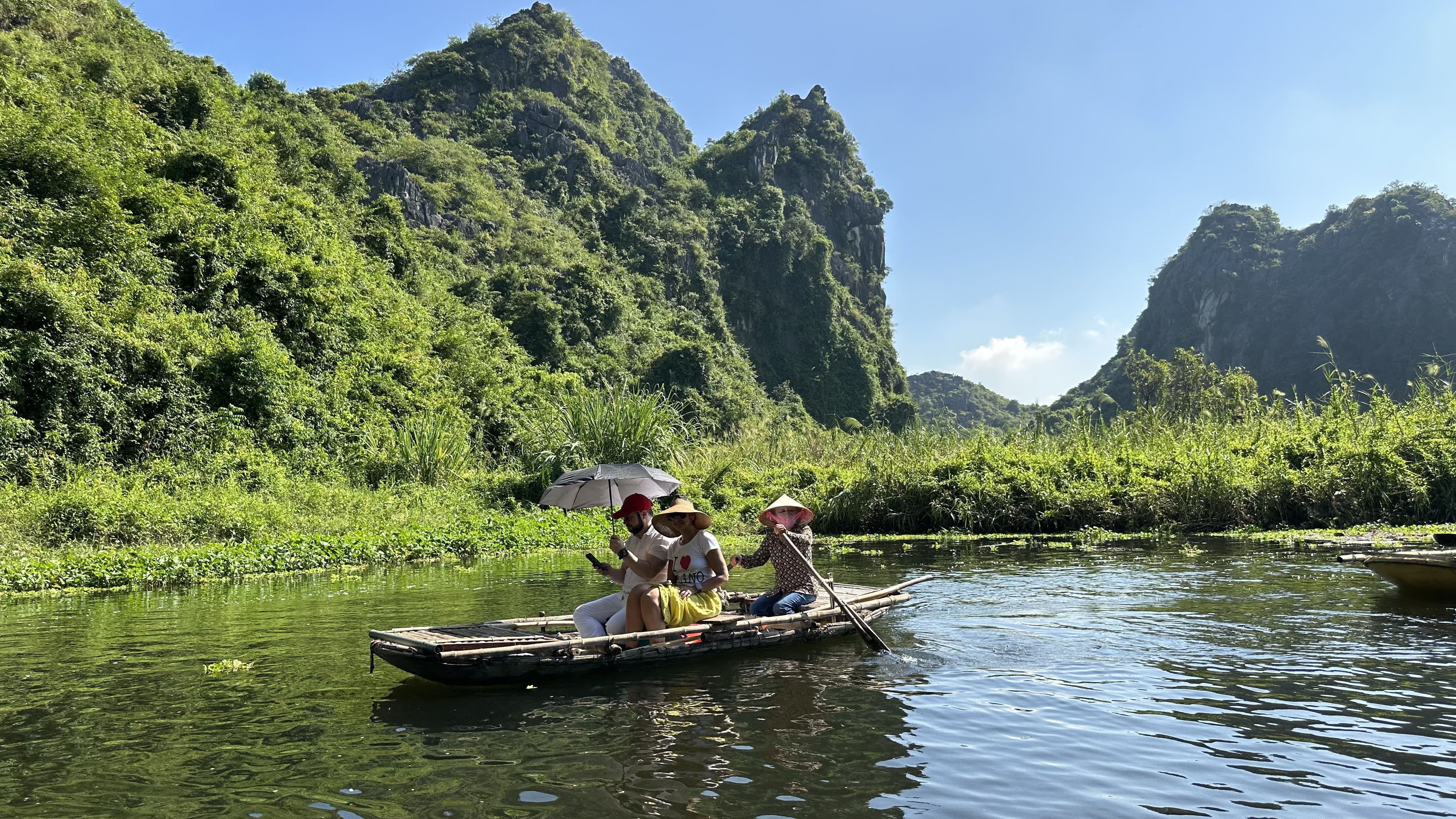 Image 1
Image 1Photo courtesy of the BES-Net Team
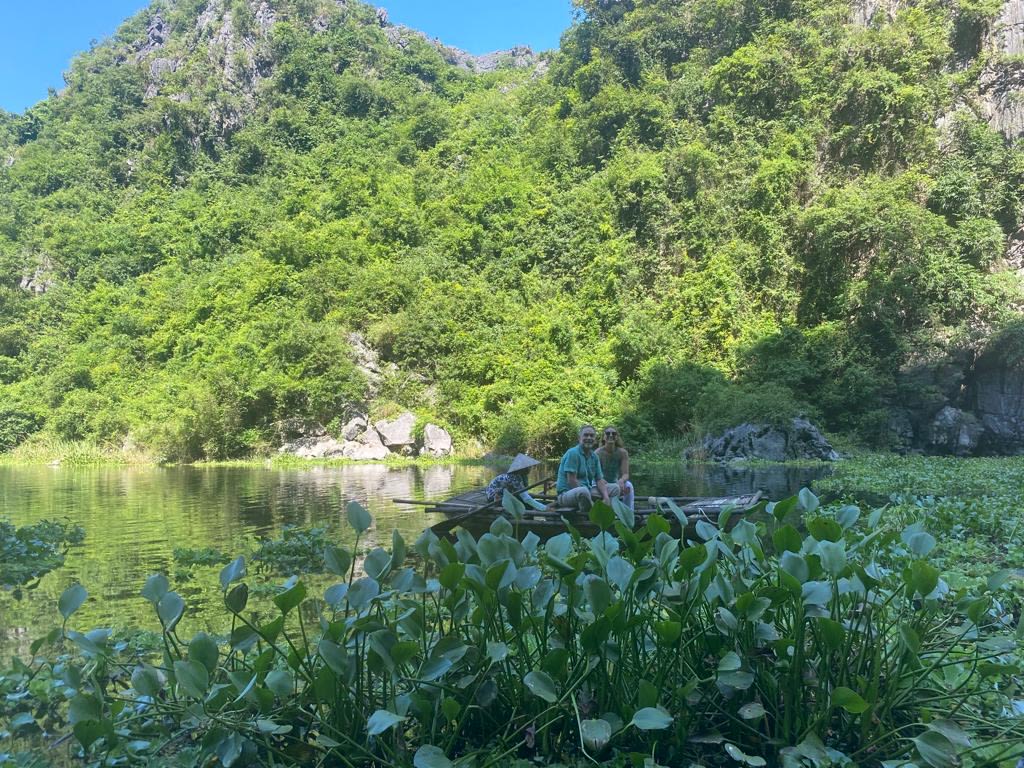 Image 2
Image 2Photo courtest of the BES-Net Team
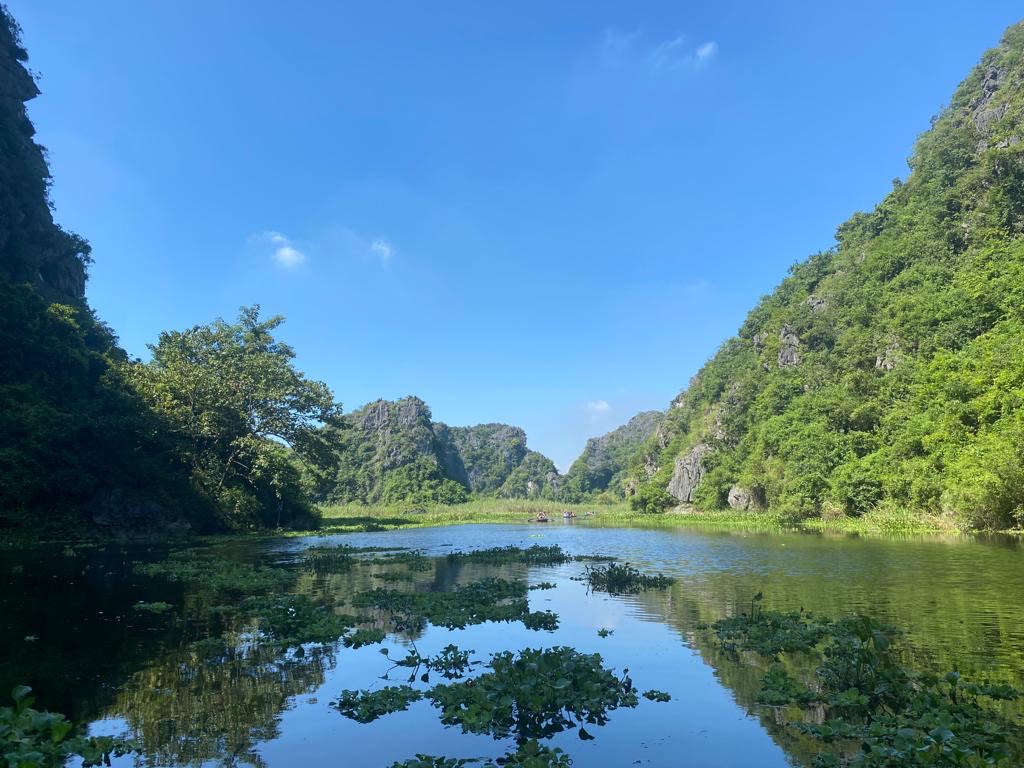 Image 3
Image 3Photo courtesy of the BES-Net Team

Photo courtesy of the BES-Net Team
Photo courtesy of the BES-Net Team

Photo courtest of the BES-Net Team
Photo courtest of the BES-Net Team

Photo courtesy of the BES-Net Team
Photo courtesy of the BES-Net Team

Photo courtesy of the BES-Net Team
Photo courtesy of the BES-Net Team

Photo courtesy of the BES-Net Team
Photo courtesy of the BES-Net Team

Photo courtesy of the BES-Net Team
Photo courtesy of the BES-Net Team
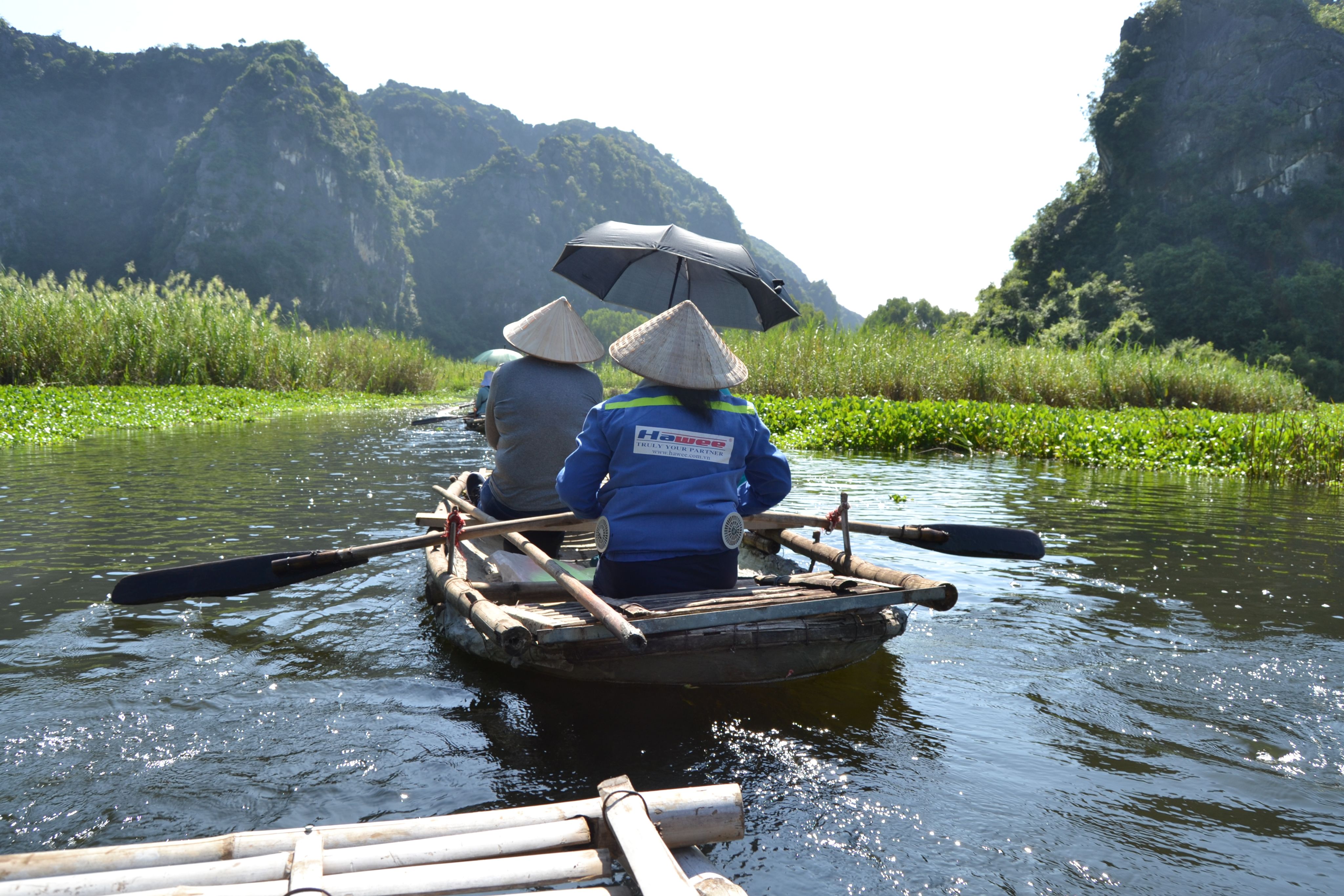
Photo courtesy of the BES-Net Team
Photo courtesy of the BES-Net Team
How does the BES Solution Fund contribute to addressing global biodiversity challenges?
I believe that, with the fund from BES-Net fund, it can be the seedling to support the action at the local level. And action here is not only for the people living in the typical ecosystem, but the fund can also help the policymaker understand better the benefits and the role of the ecosystem in the local livelihoods as well as support researchers to better understand the value of the ecosystem, typical ecosystem. Because, currently, we know very little about ecosystems, and I mentioned at the beginning we only know little. So, I think more research, more studies, should be focused. For example the wetlands, we only know about the value of the wetlands to water regulation and maybe to the habitat of fish and aquaculture species. But I believe that the wetland ecosystem also has another benefit, for example, to keep the CO2 inside a little bit.

Photo courtesy of the BES-Net Team
Can you share some successes from phase I of the BES Solution Fund project in Viet Nam that have led to the recommendation of focusing more on protecting the wetland ecosystem services?
I believe that the BES-Net fund supported Viet Nam, especially in conducting the national ecosystem assessment. I think that it carried out research to bring different stakeholders into the assessment process. The activity has been completed, but I believe that the report of the national ecosystem assessment can be very useful. We normally call it an entry point to make people realize the role and the importance of ecosystems. So, we need to pay more attention to protecting, maintaining and enhancing ecosystem services, not only wetlands. But we also have forests and we have a culture of ecosystems; the marine ecosystem is a really important one and I mentioned that we still know a little bit about the role and the value of the services that the ecosystem can provide to the people and to the country but also contribute to, not only inside the country but outside the country.

Photo courtesy of the BES-Net Team
Can you share with us some examples of successful activities in Viet Nam that have left a significant impact on the restoration and preservation of biodiversity?
One of the recommendations is to formulate a platform to view the database to carry out the ecosystem valuation study and so on to make people know more about the value of the ecosystem and also to pay more attention to the role of the ecosystem for livelihood and also to reduce the impact of climate change and so on. Another example I believe that we have been doing is forest replantation in the northern part of Viet Nam.

Photo courtesy of the BES-Net Team
How do you think we should be managing conservation while also making sure that it doesn't cause more harm towards the fight against climate change and pollution?
I think that we can actively promote biodiversity conservation by using the value of biodiversity to reduce the impact of climate change. And biodiversity – especially forests and mangrove forests as well as wetlands – also helps to capture carbon dioxide to reduce the level of concentration of greenhouse gases in the atmosphere. It contributes to reducing climate change and keeping the objective set out by UNFCCC to keep the increase of temperature by the 21st century by less than 1.5°C.

